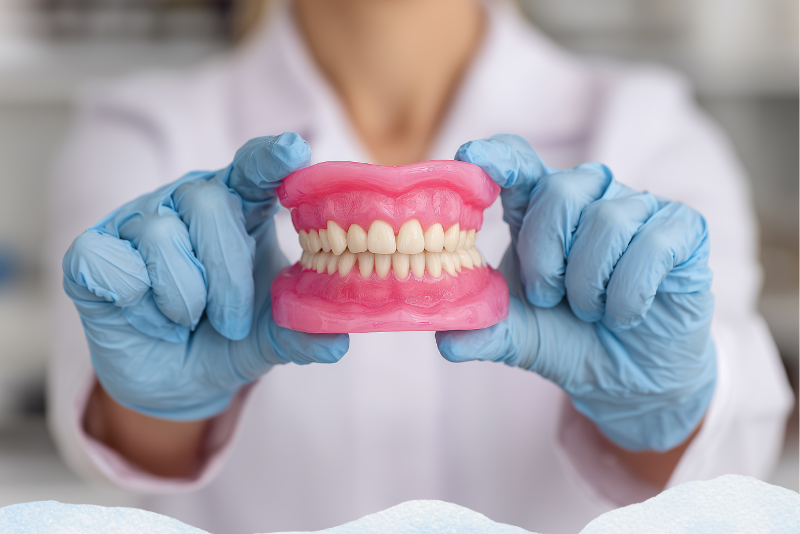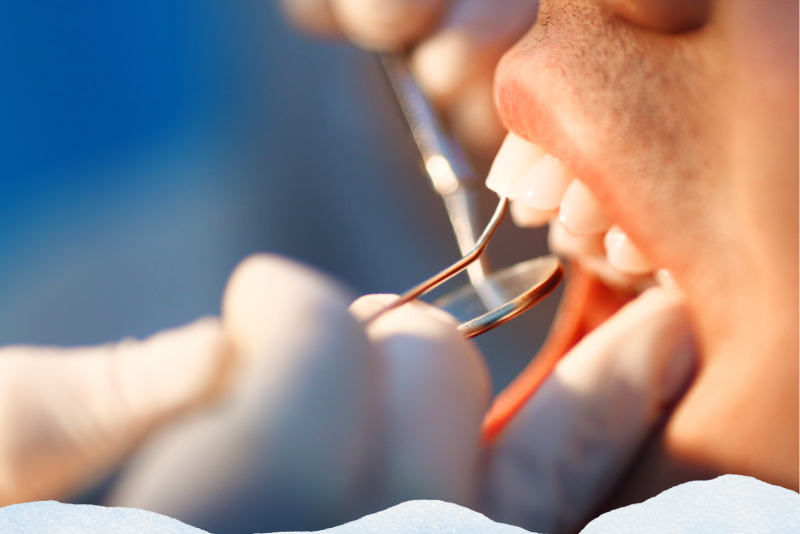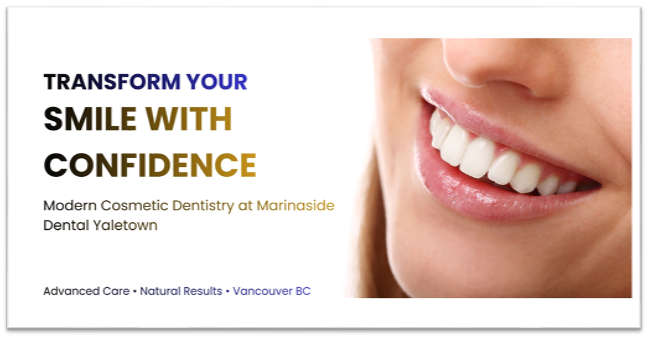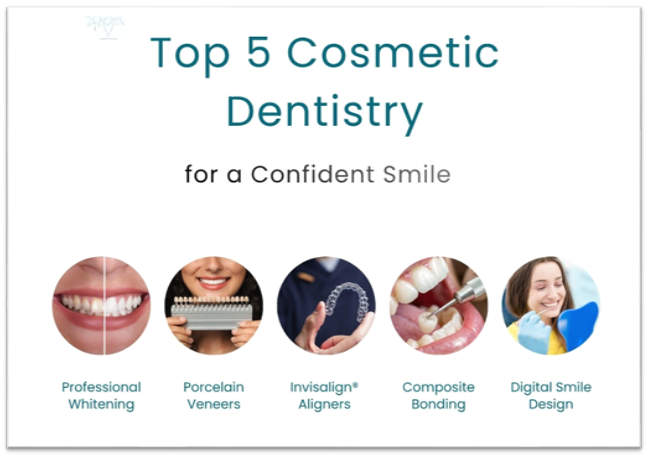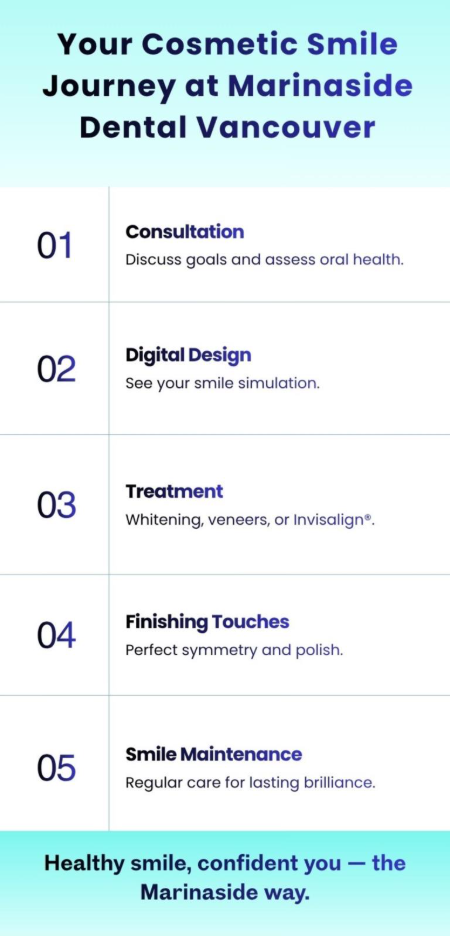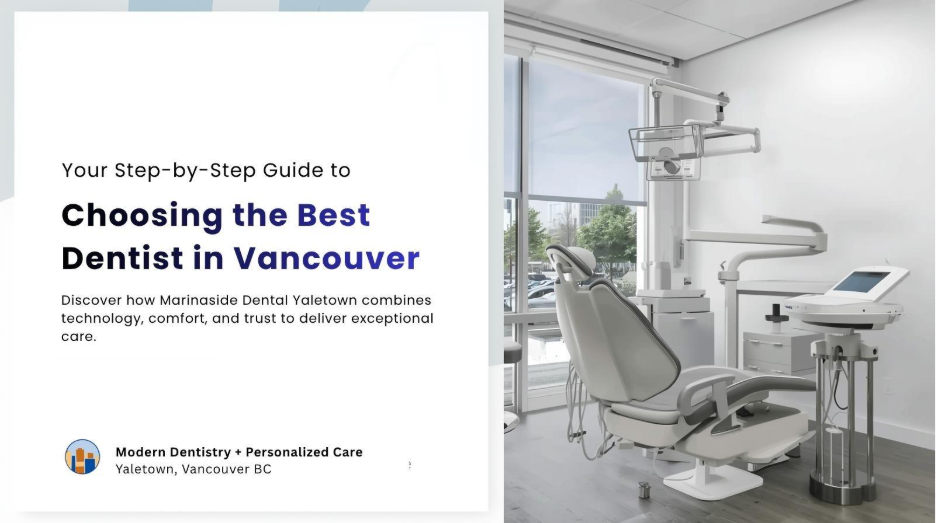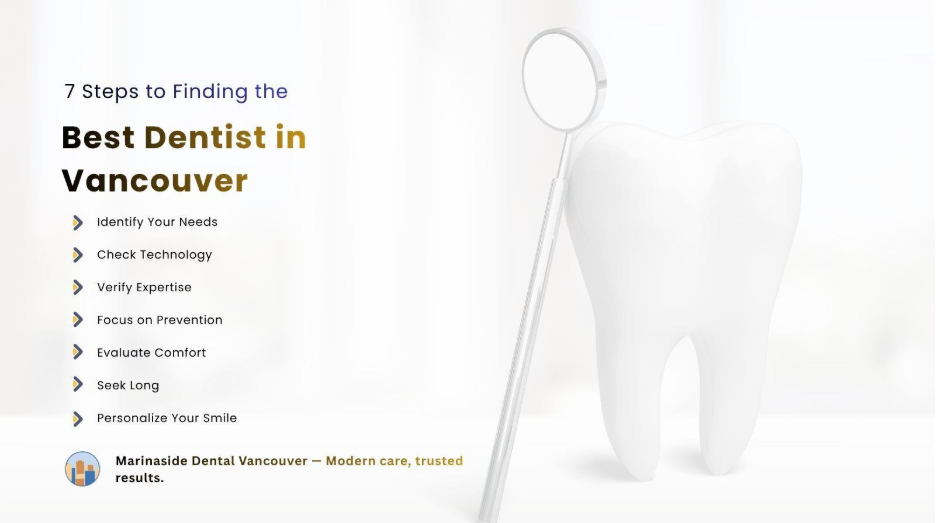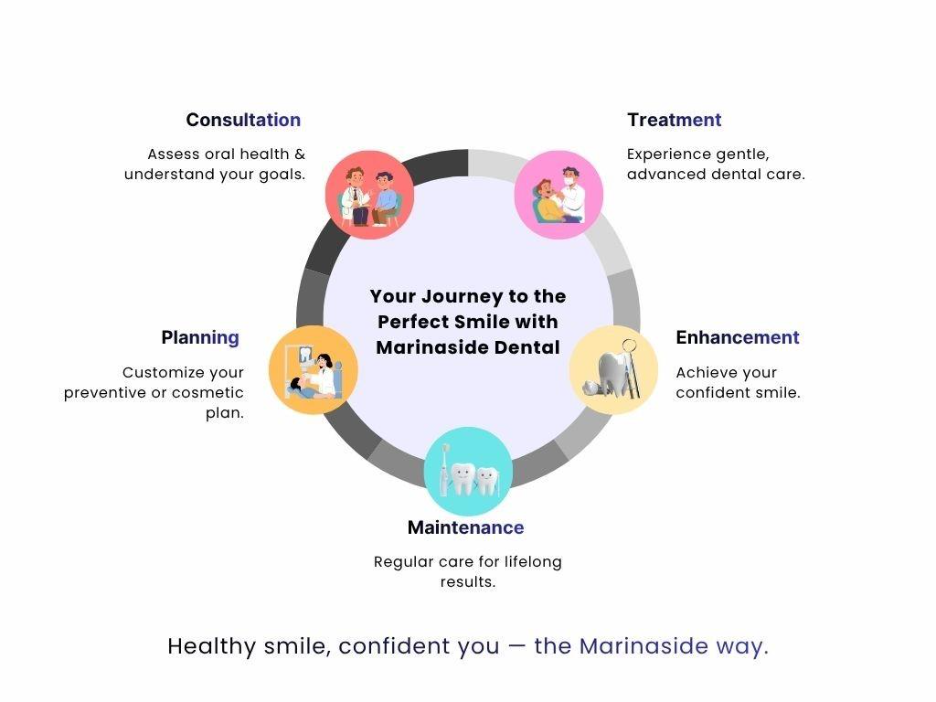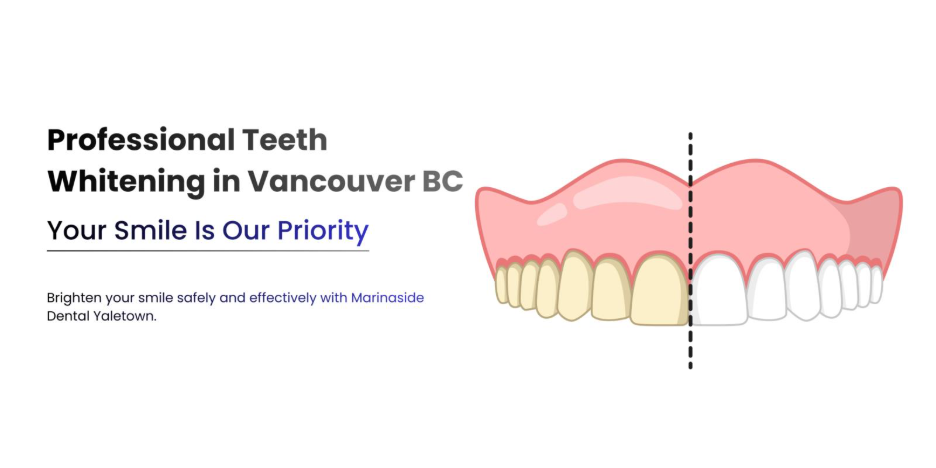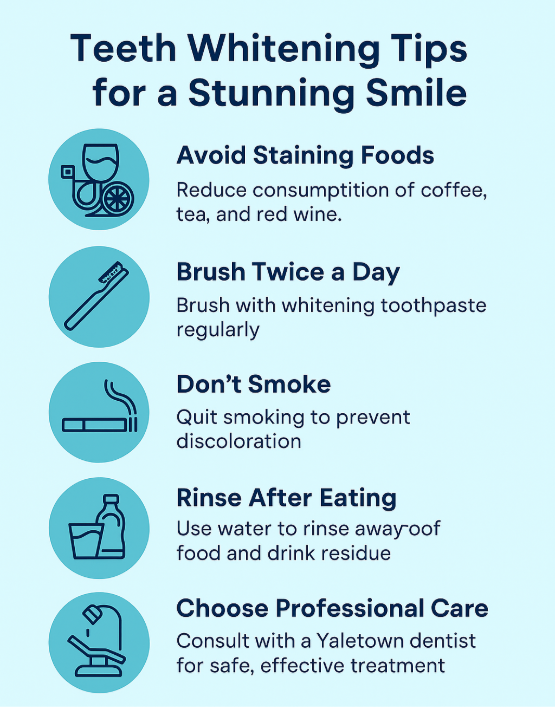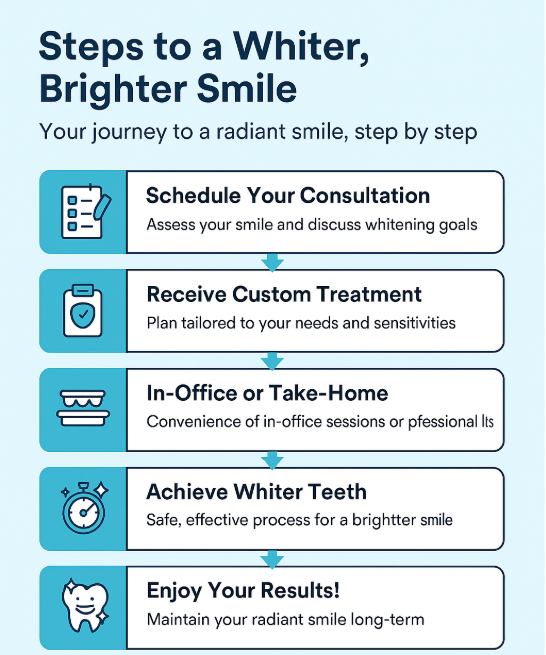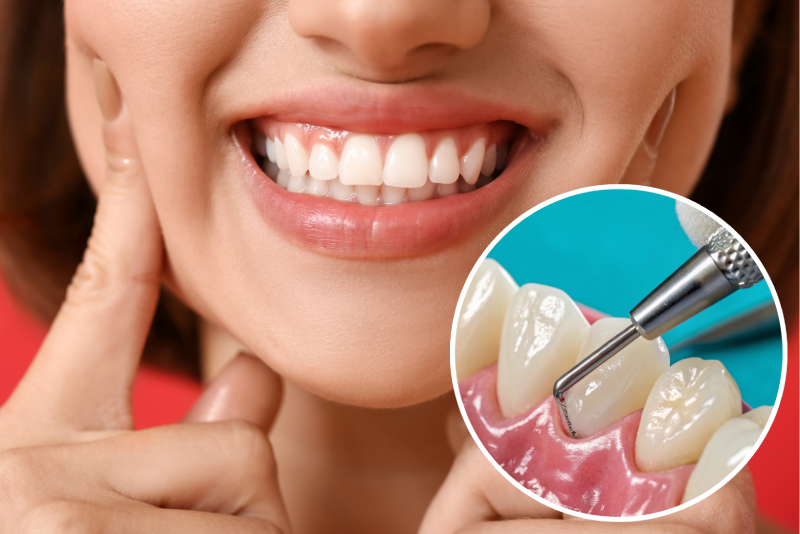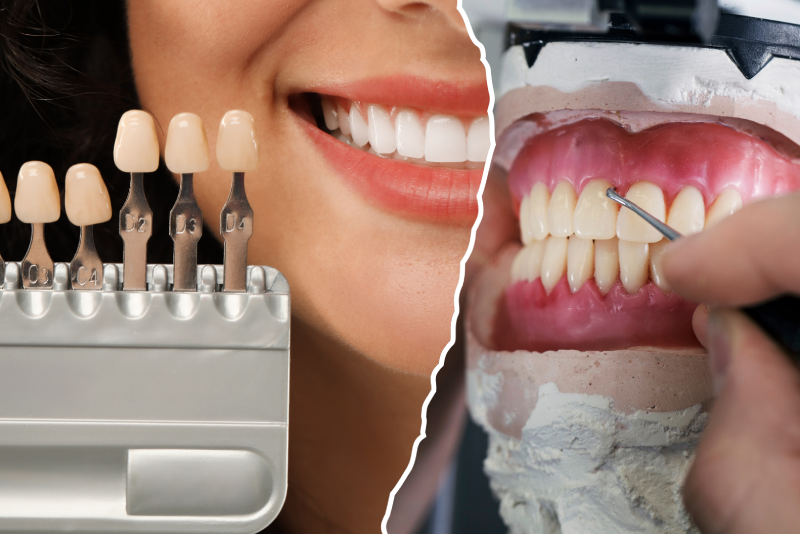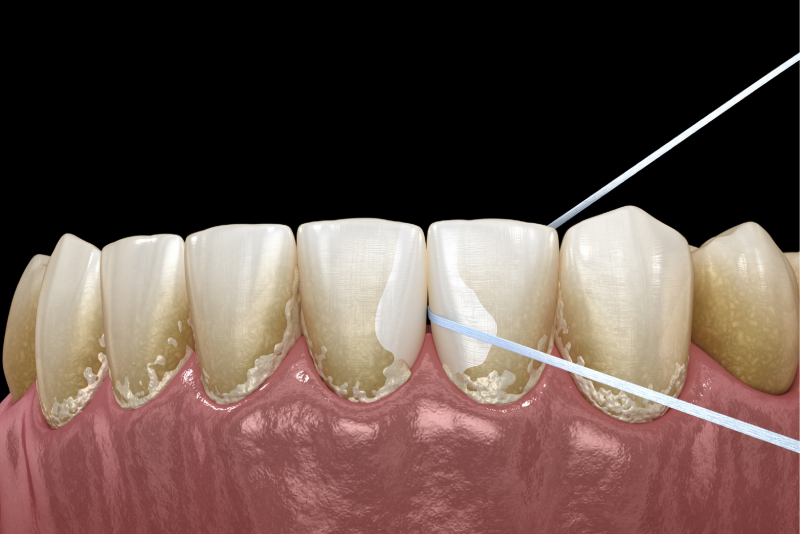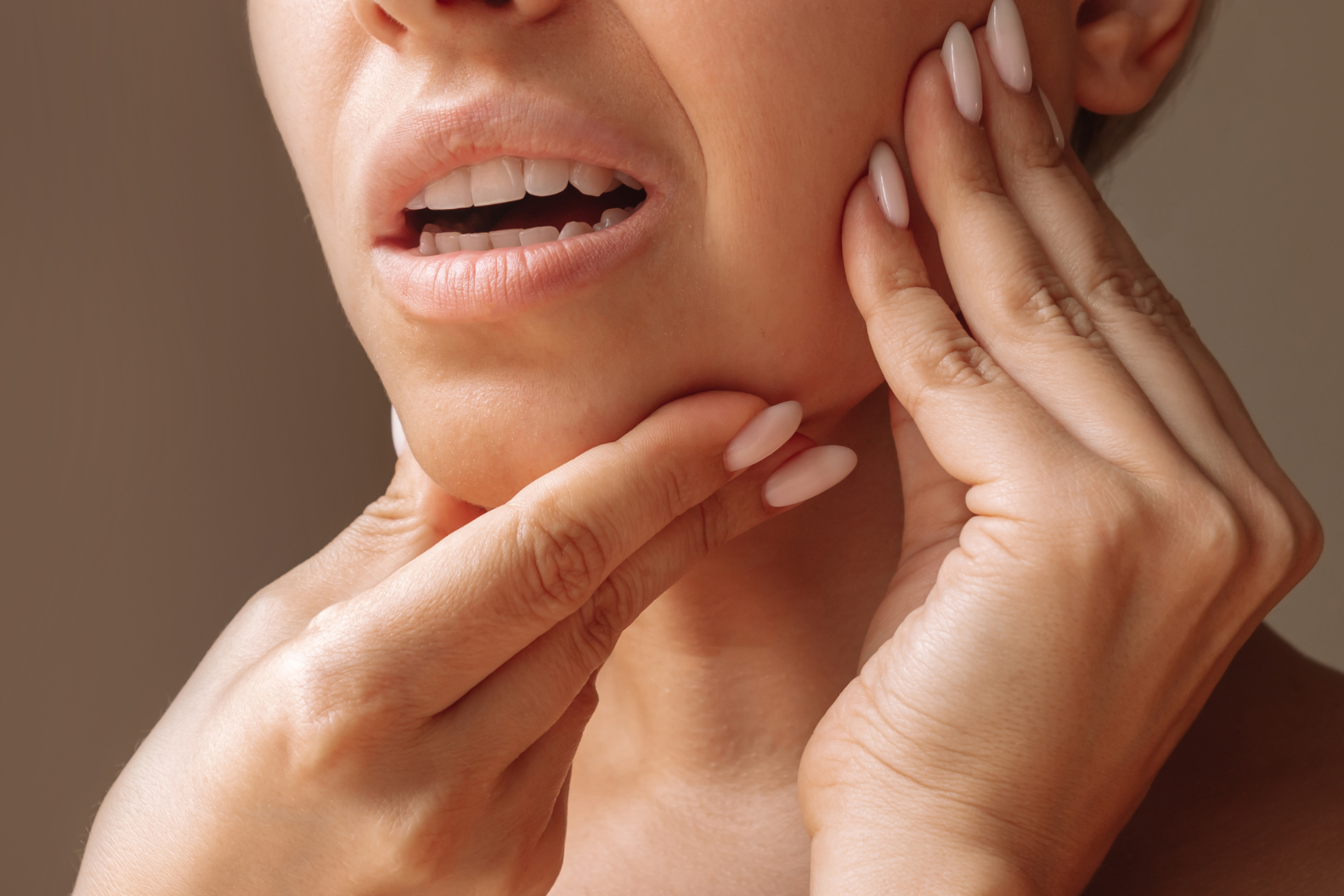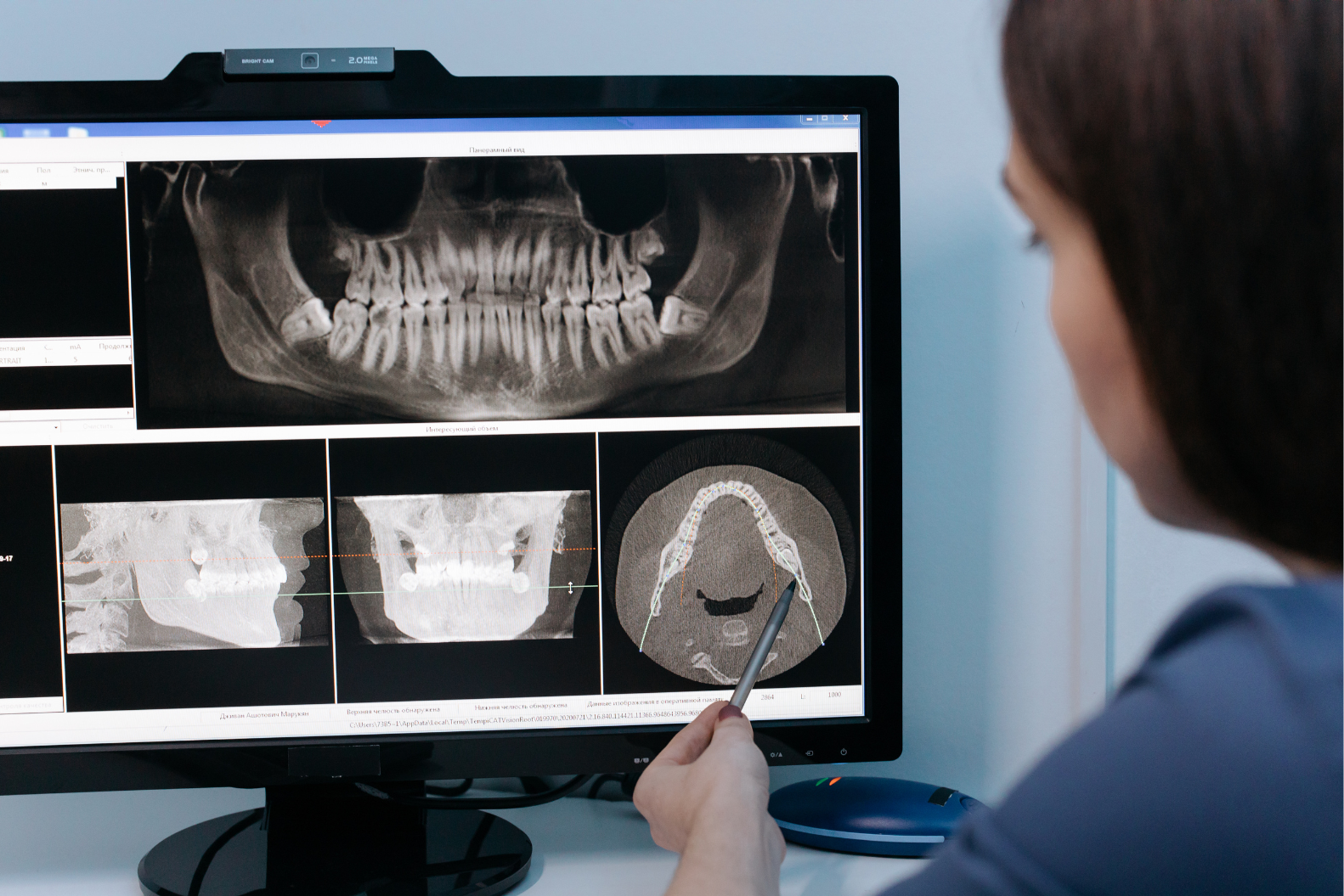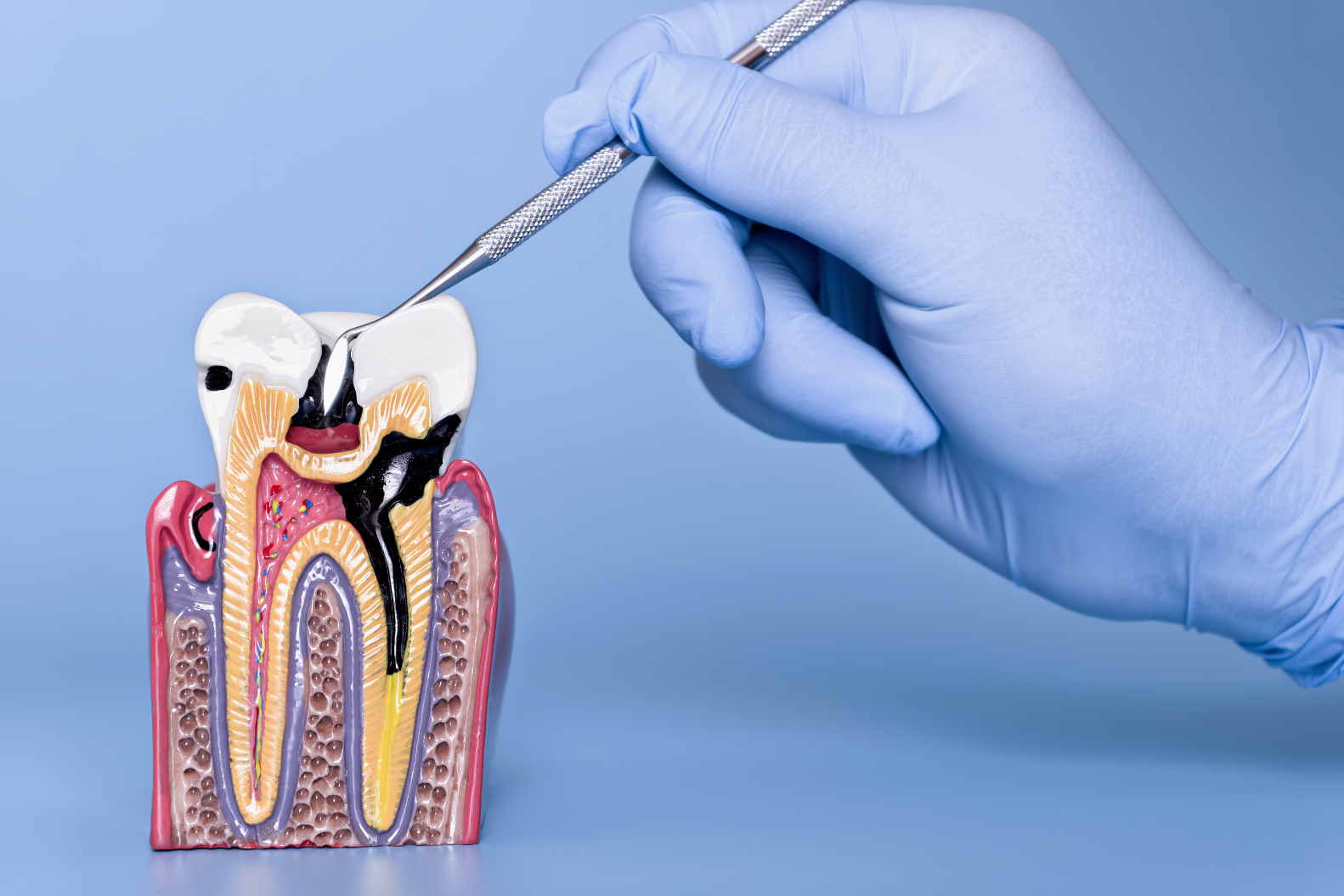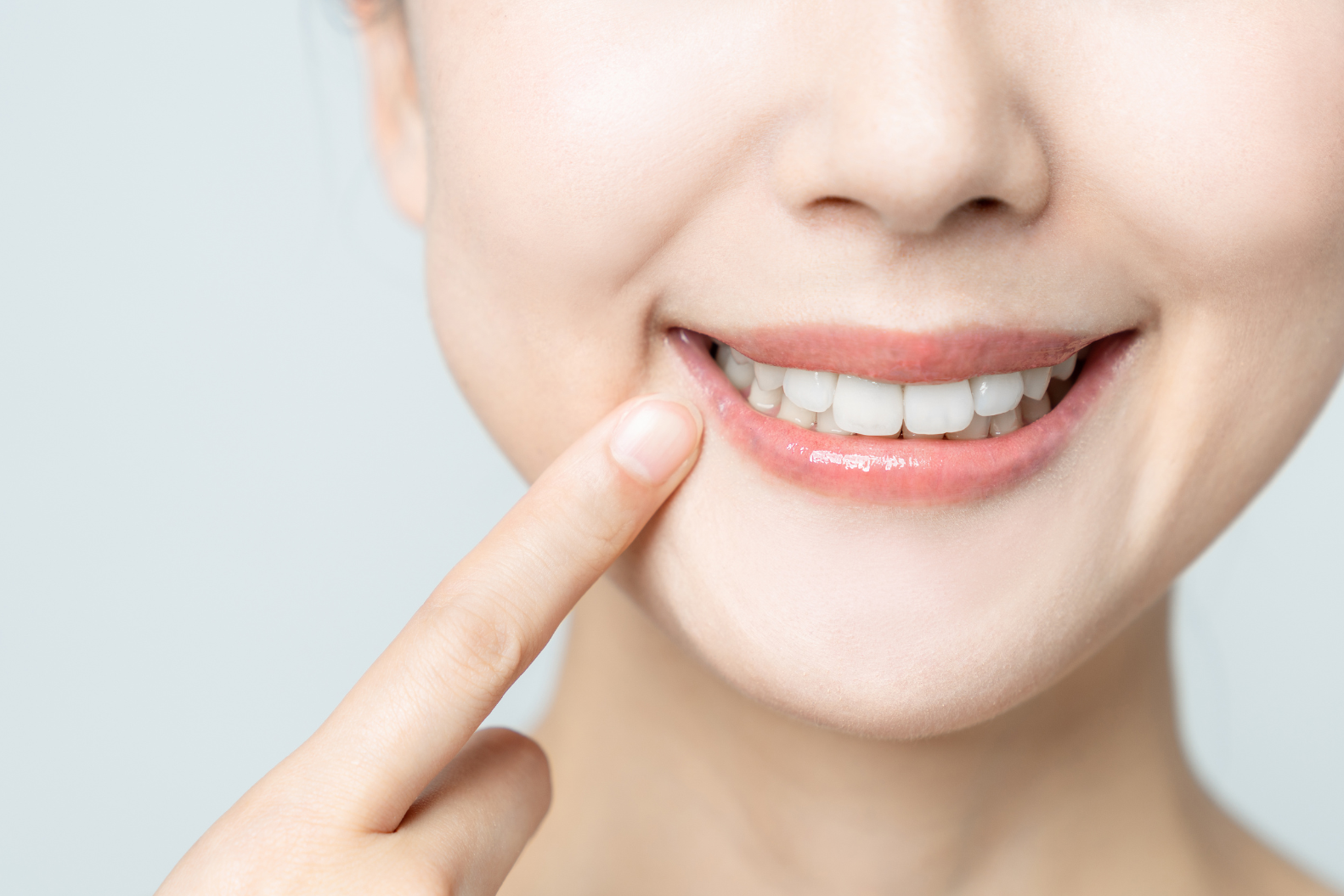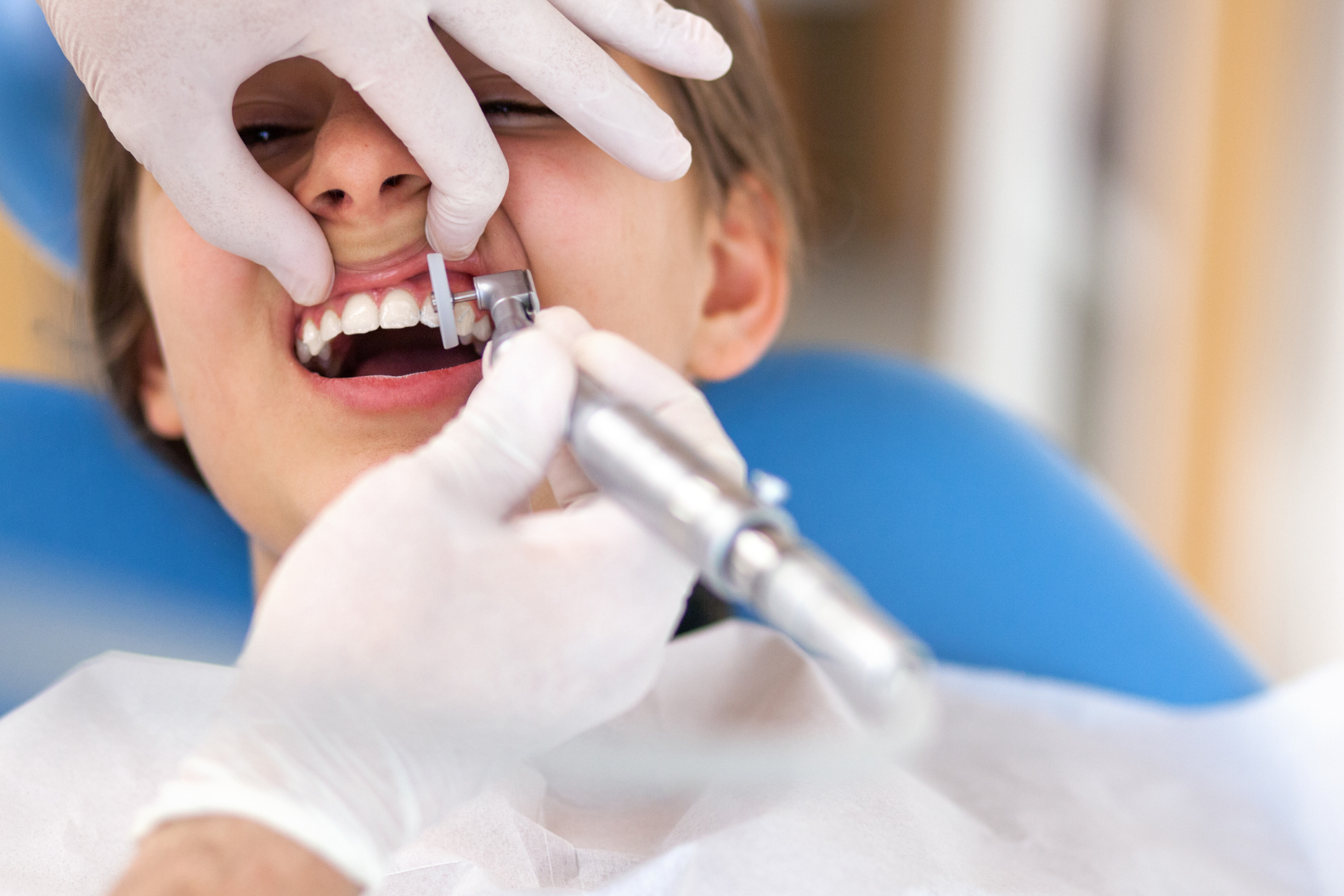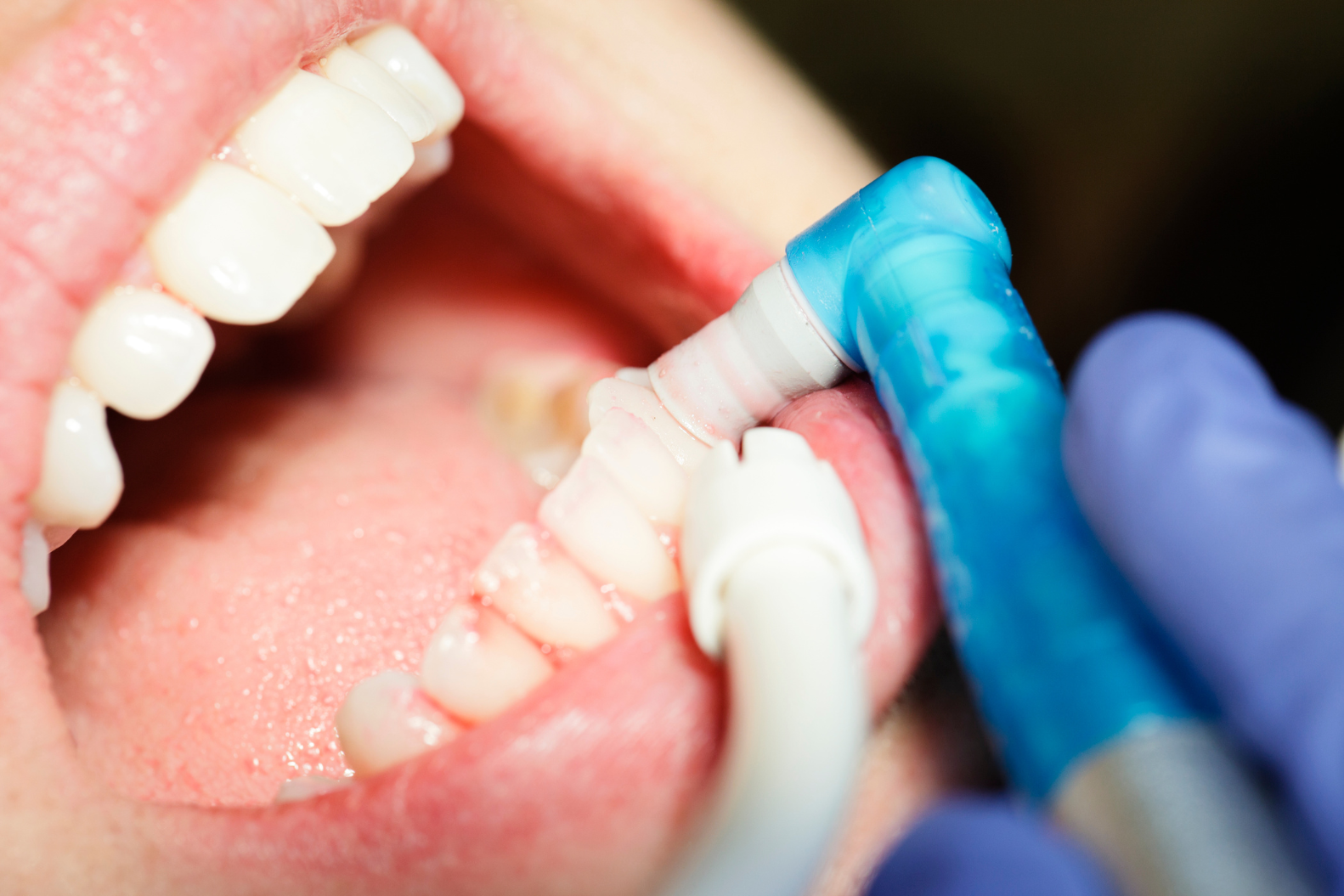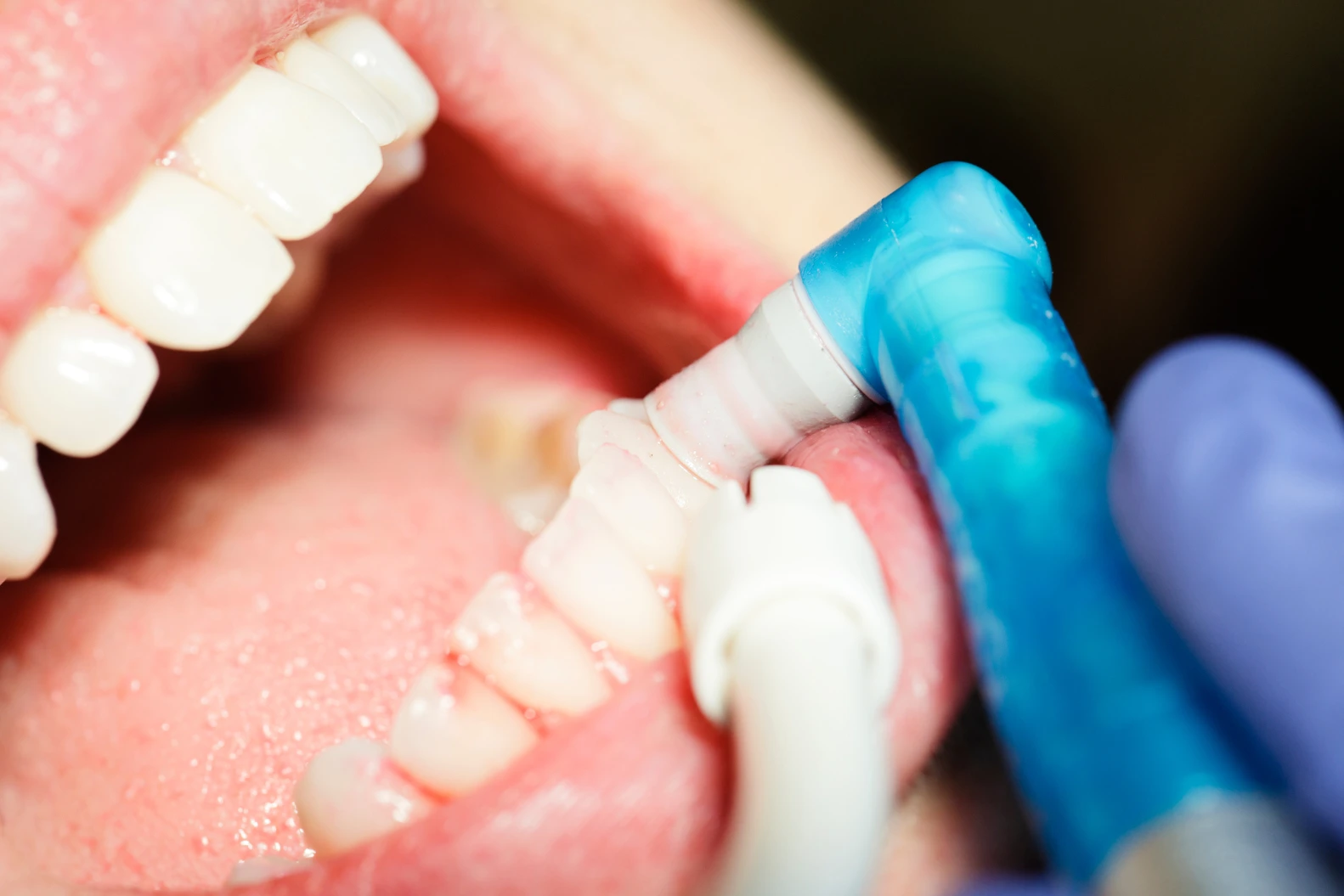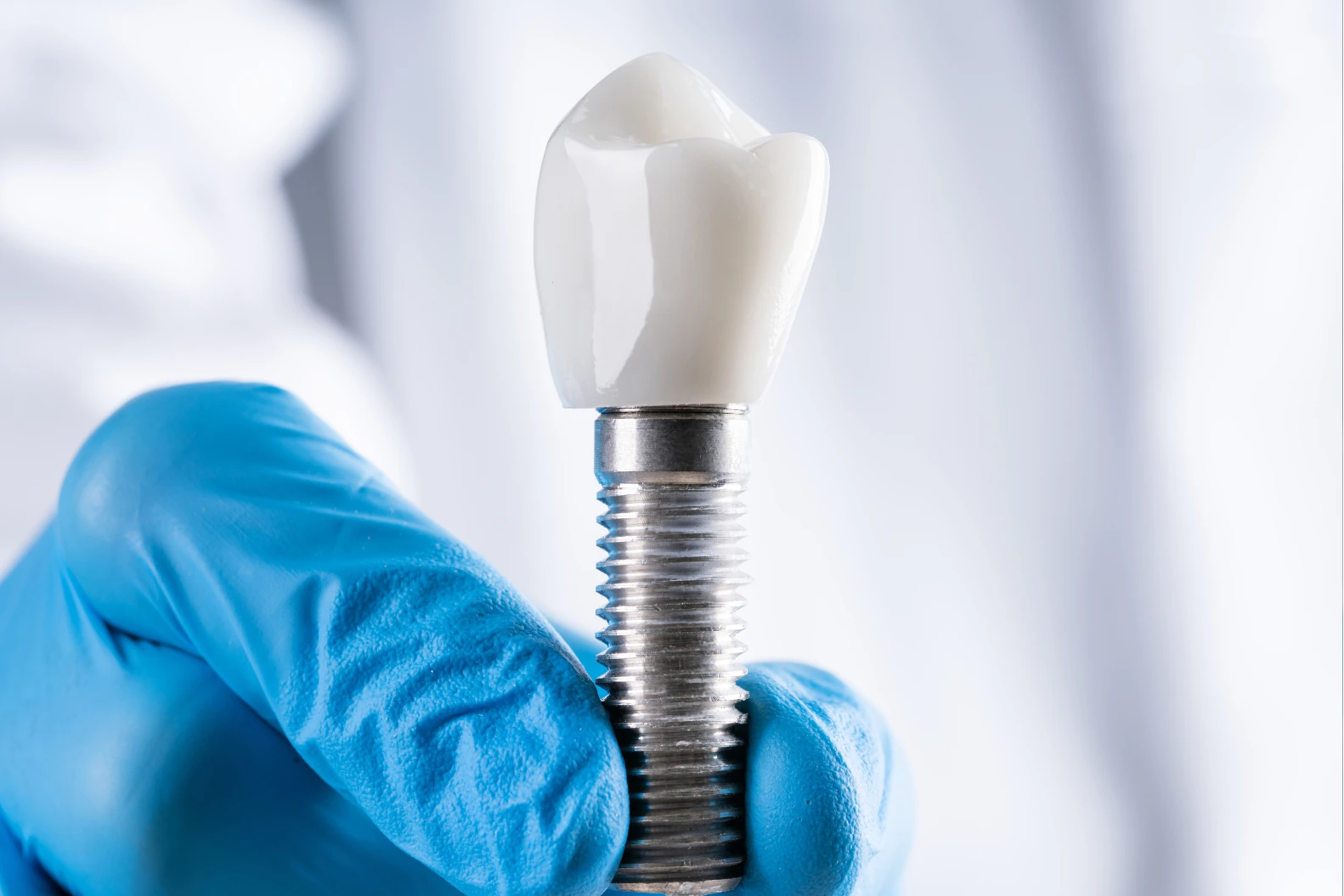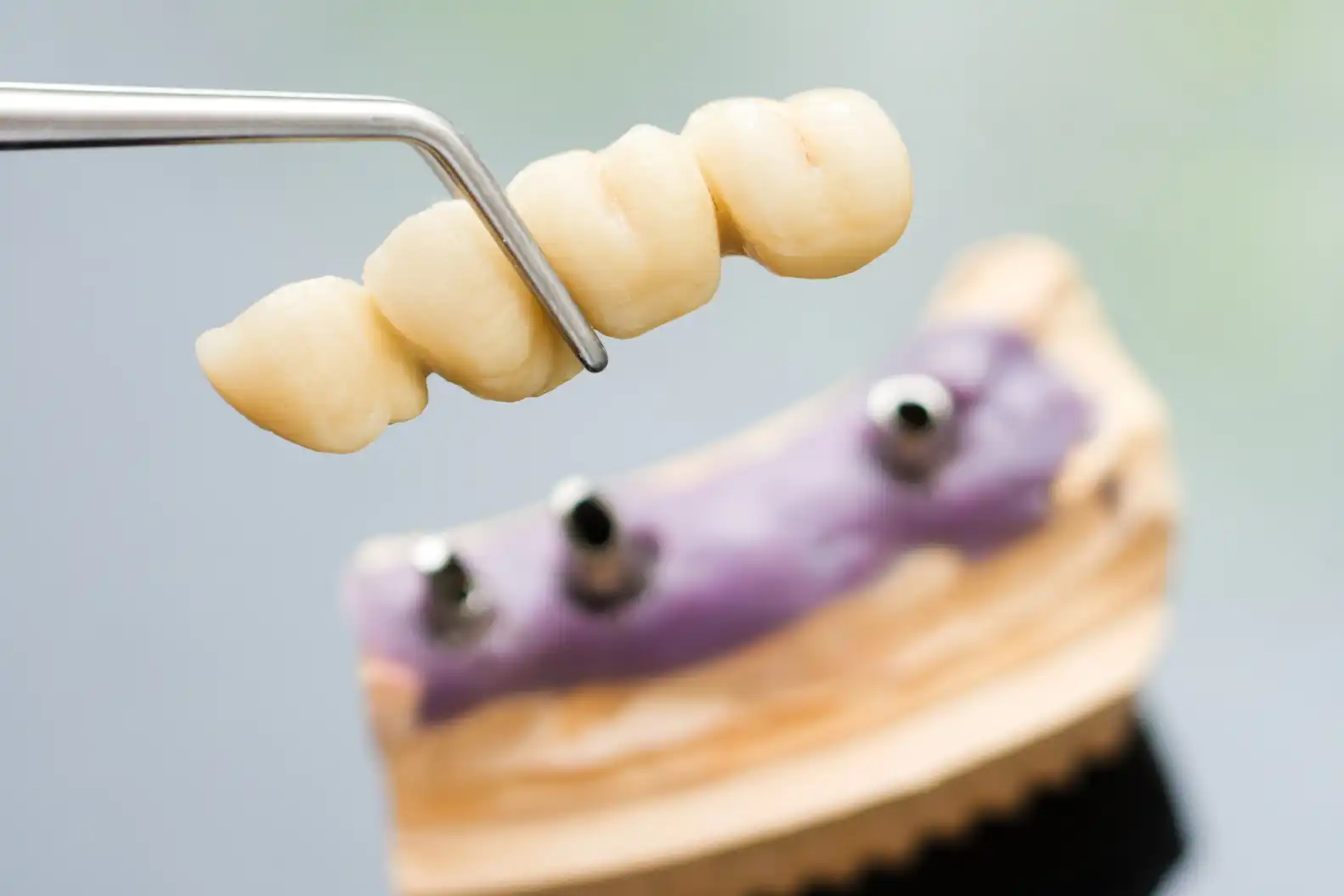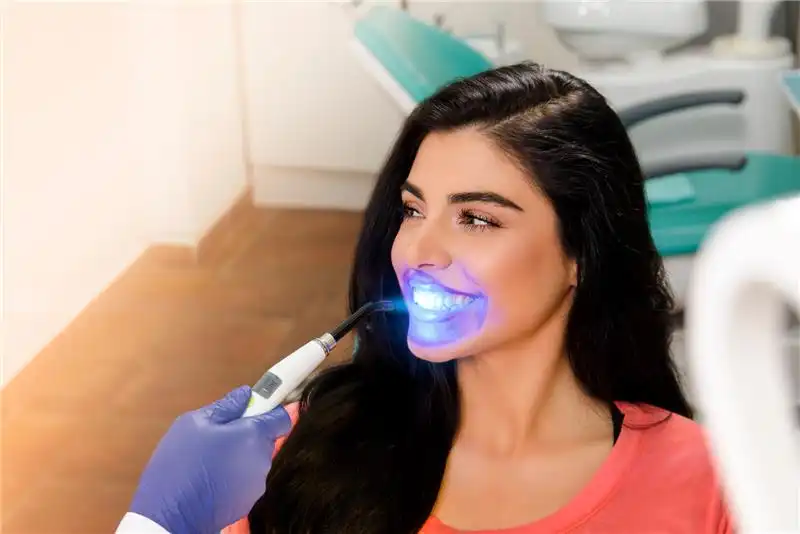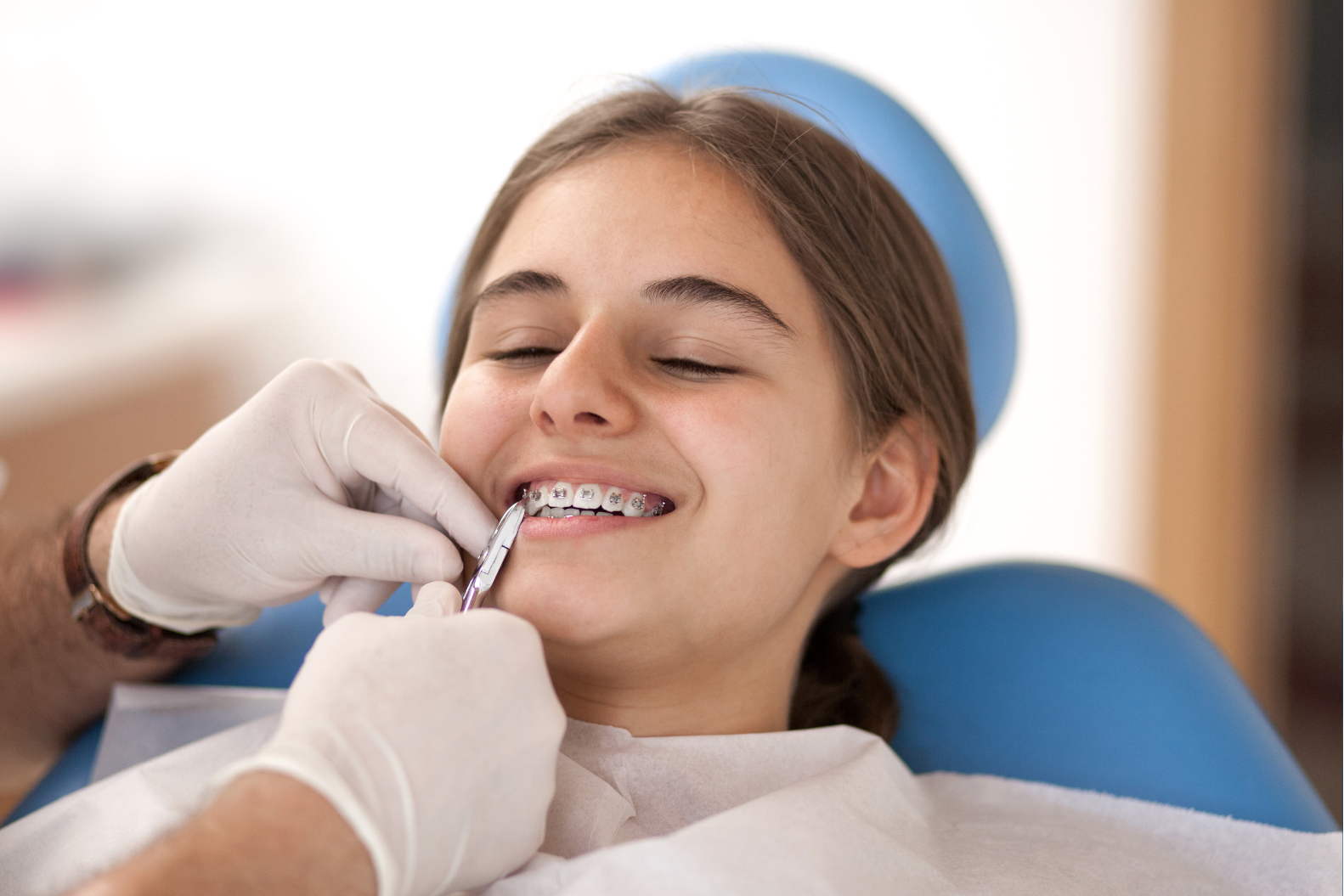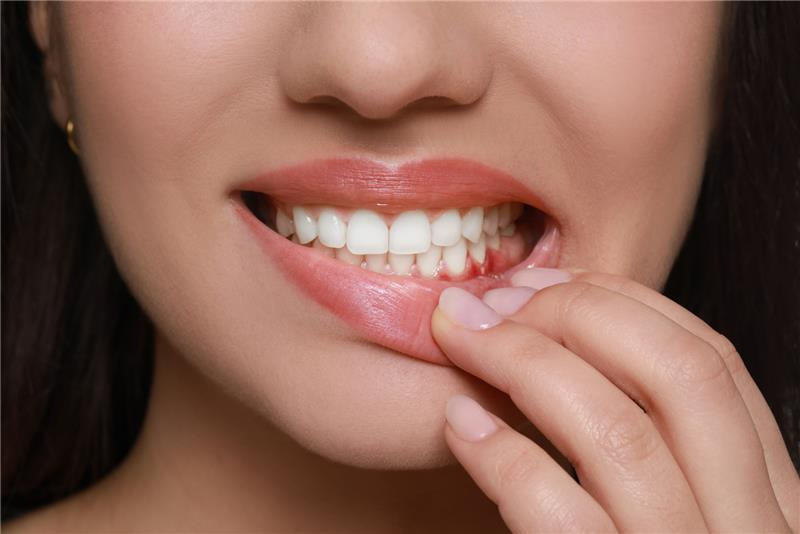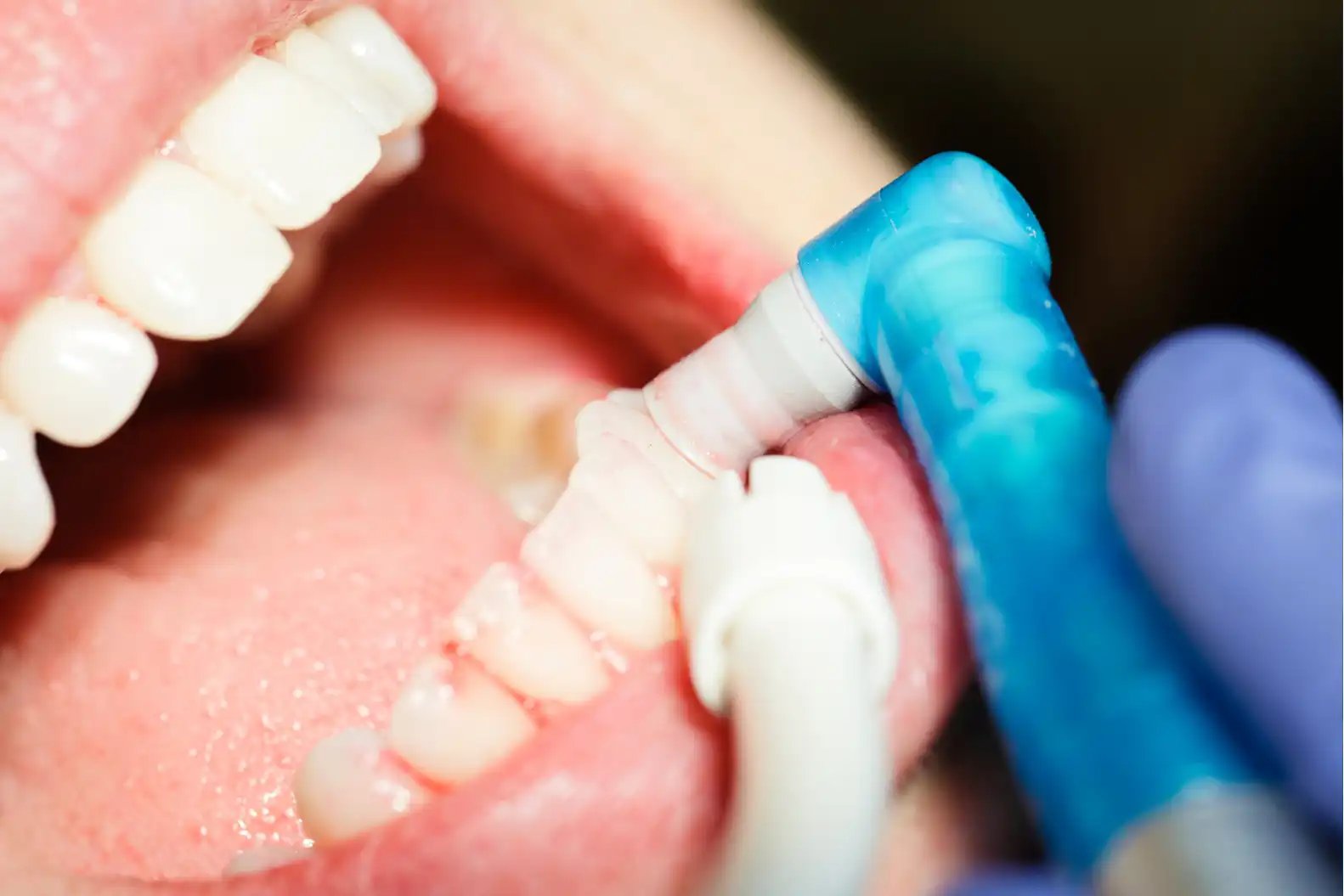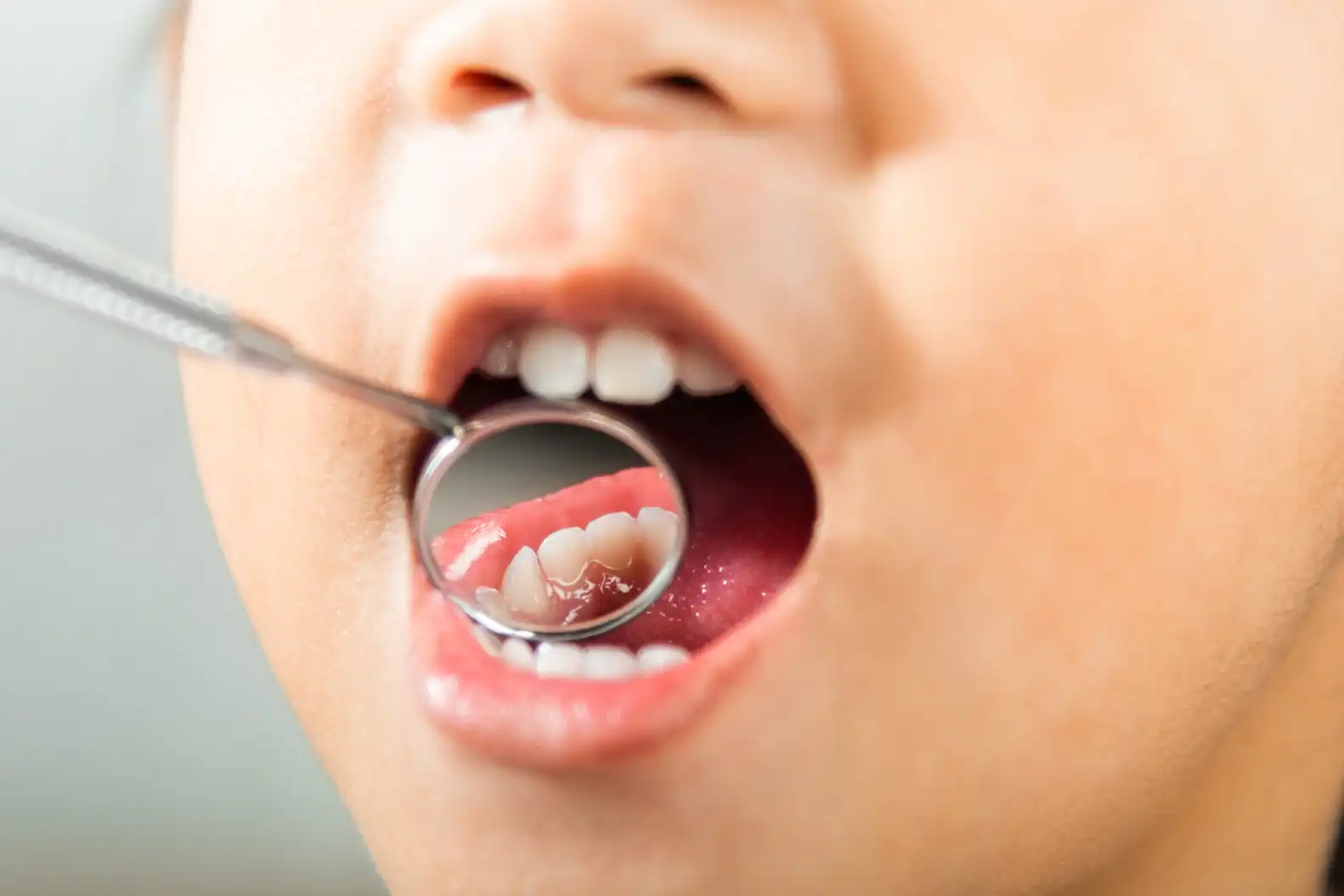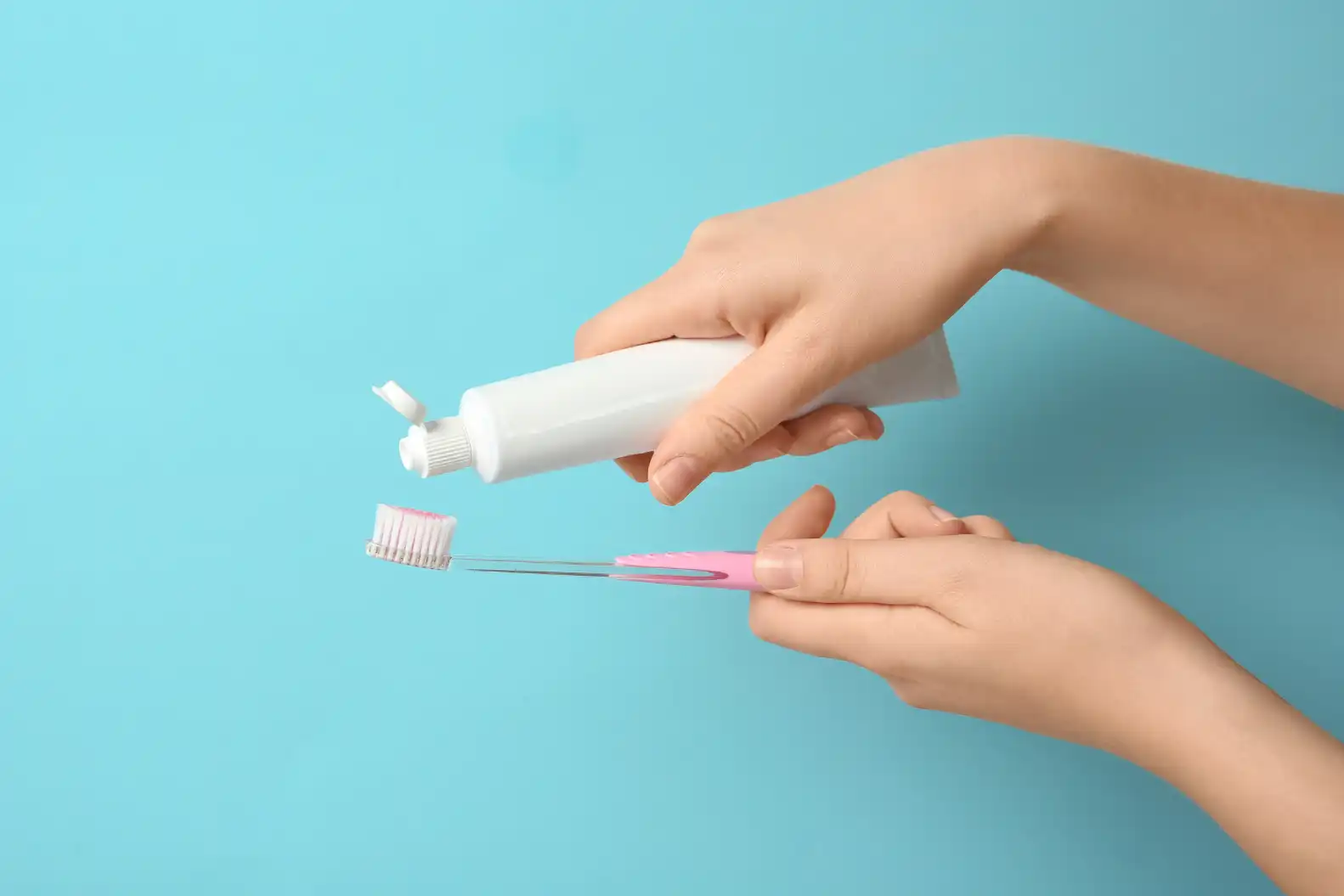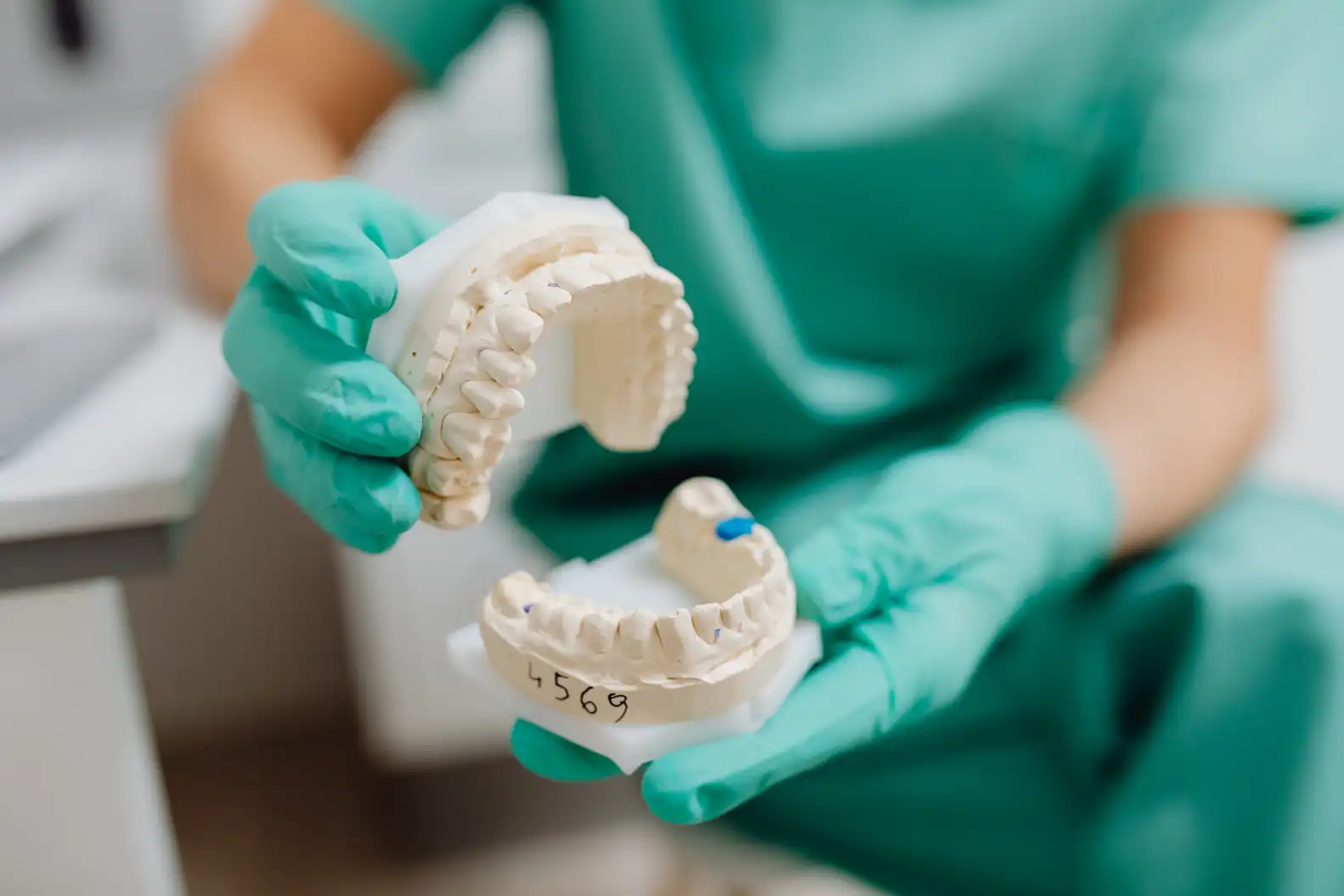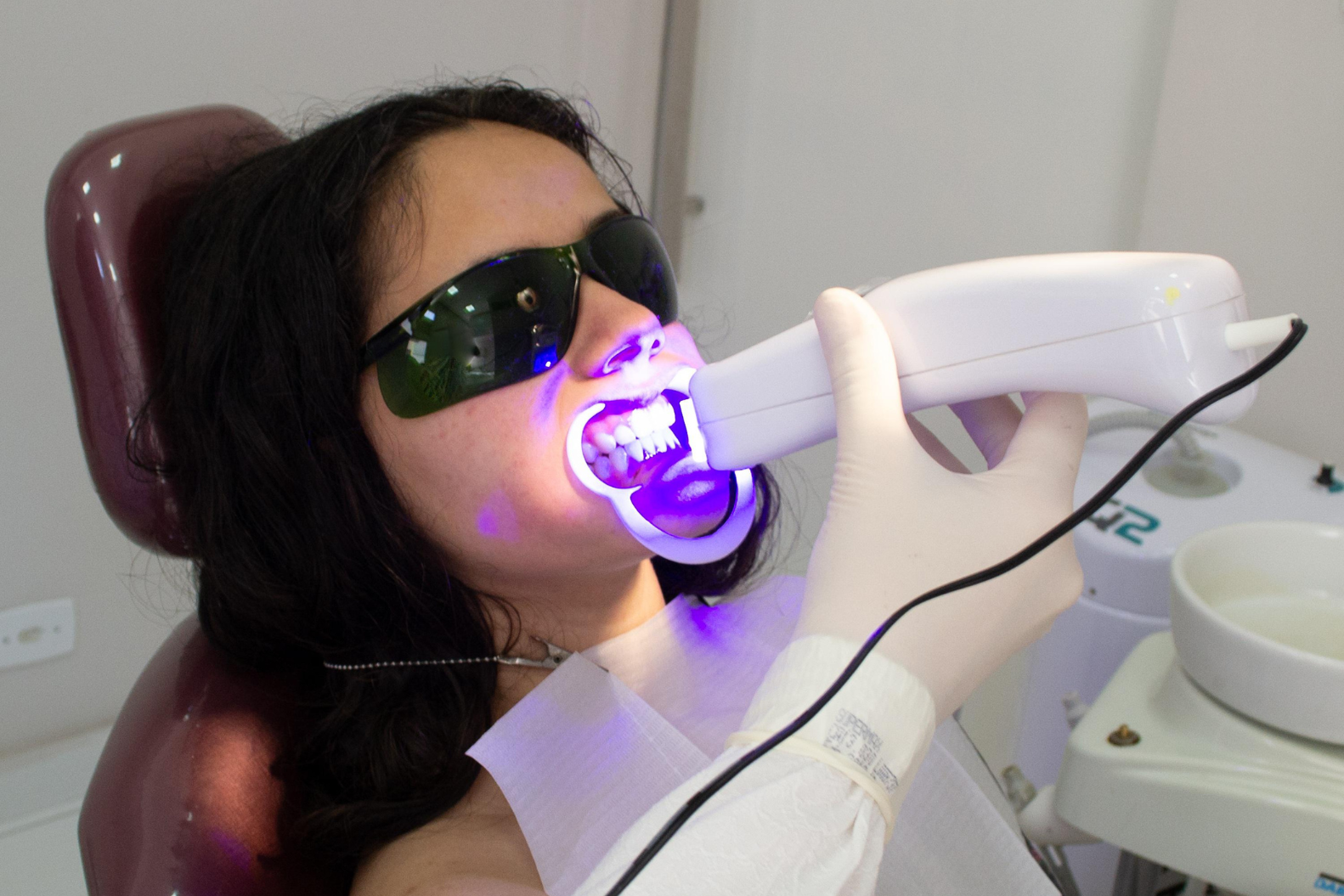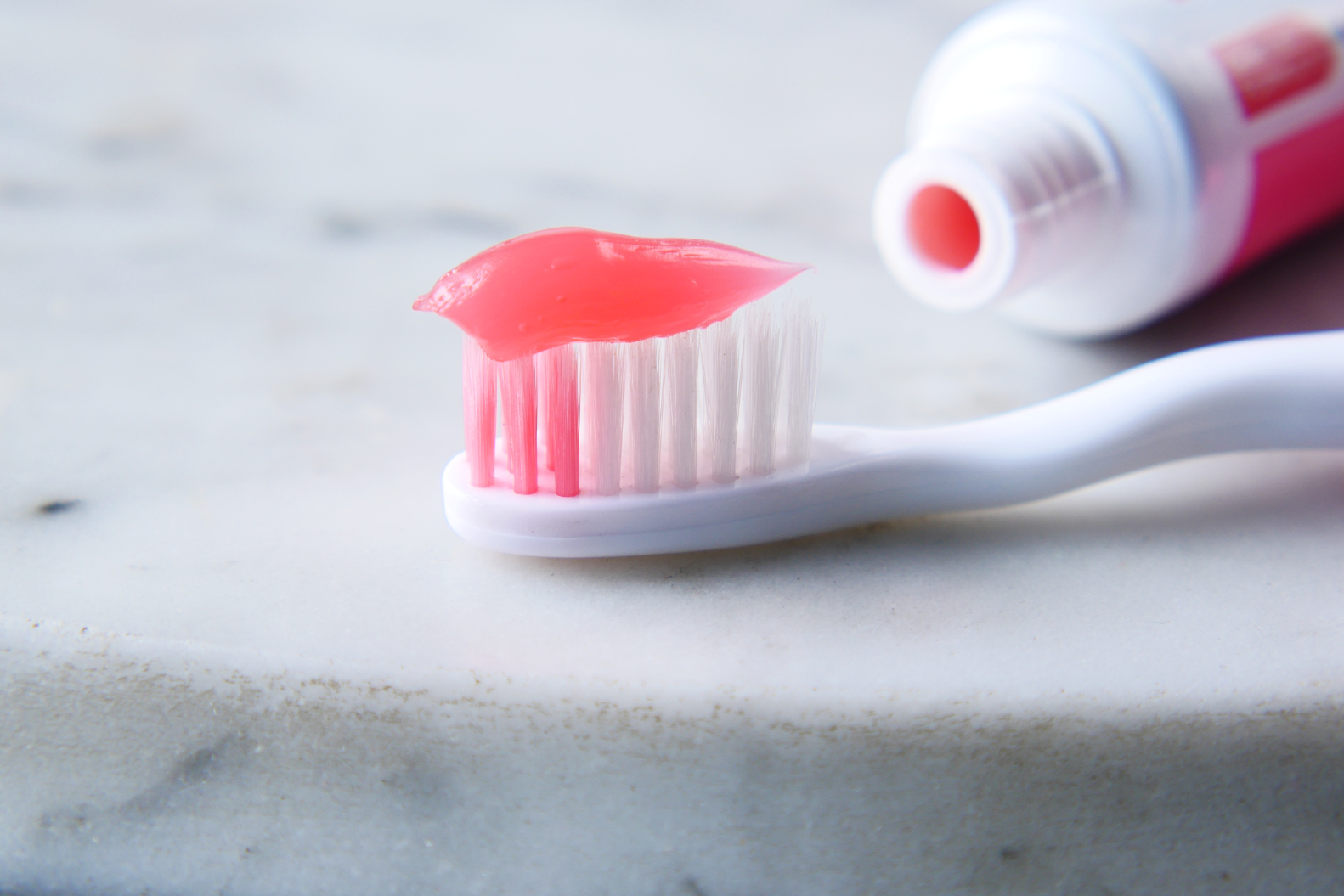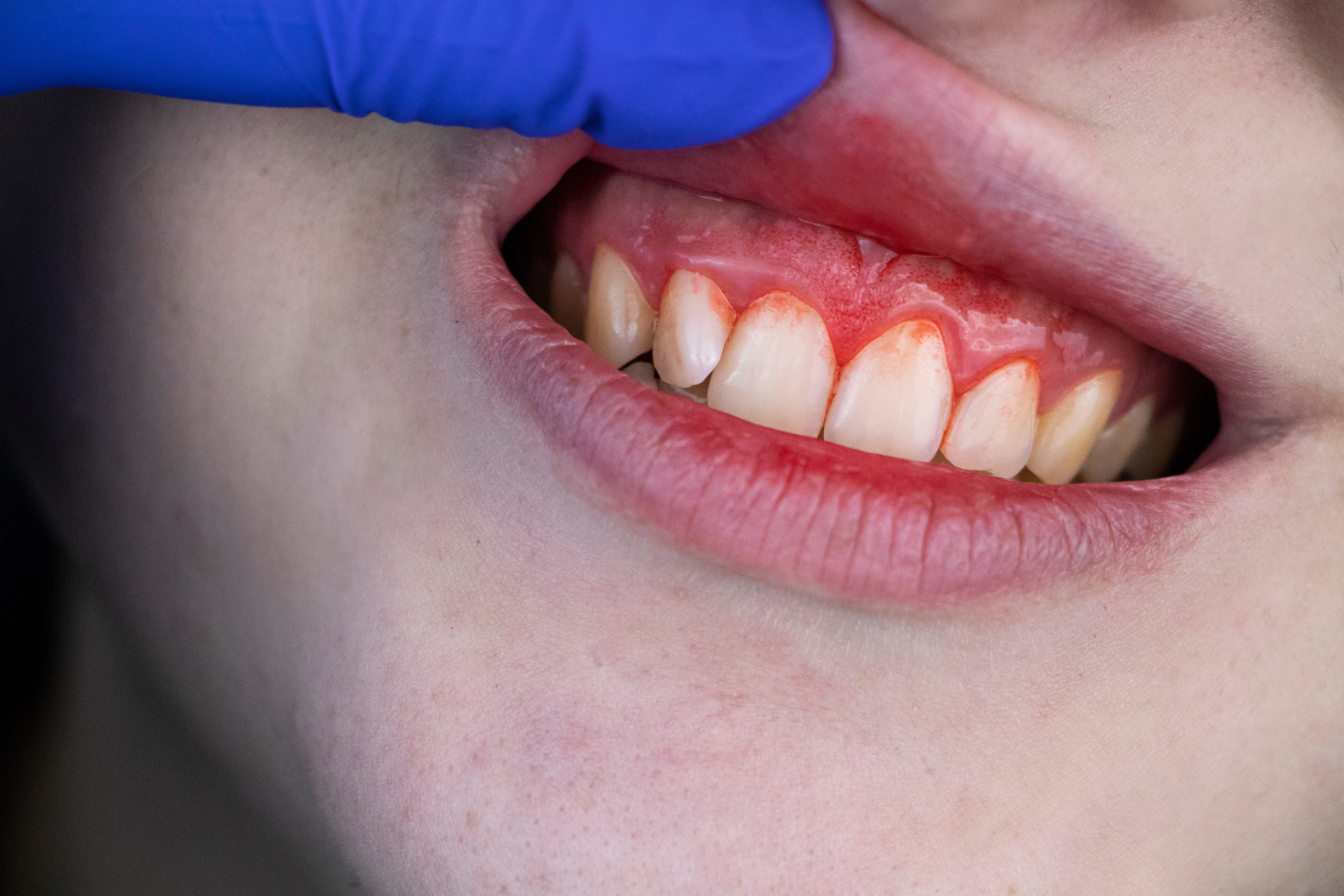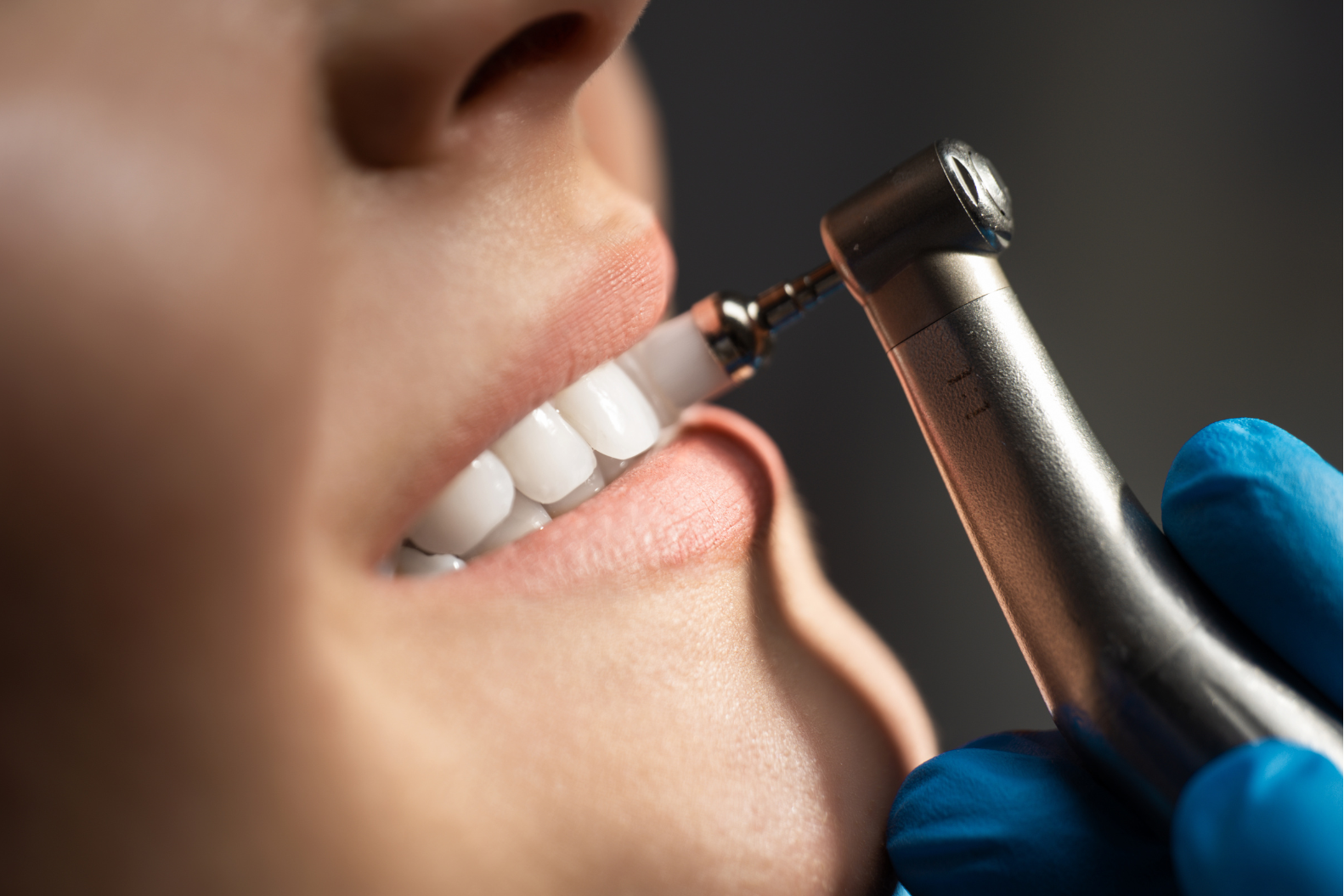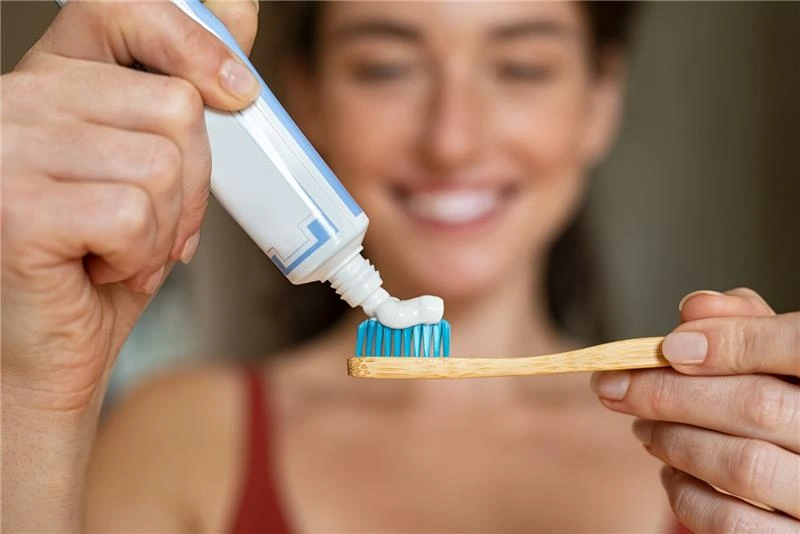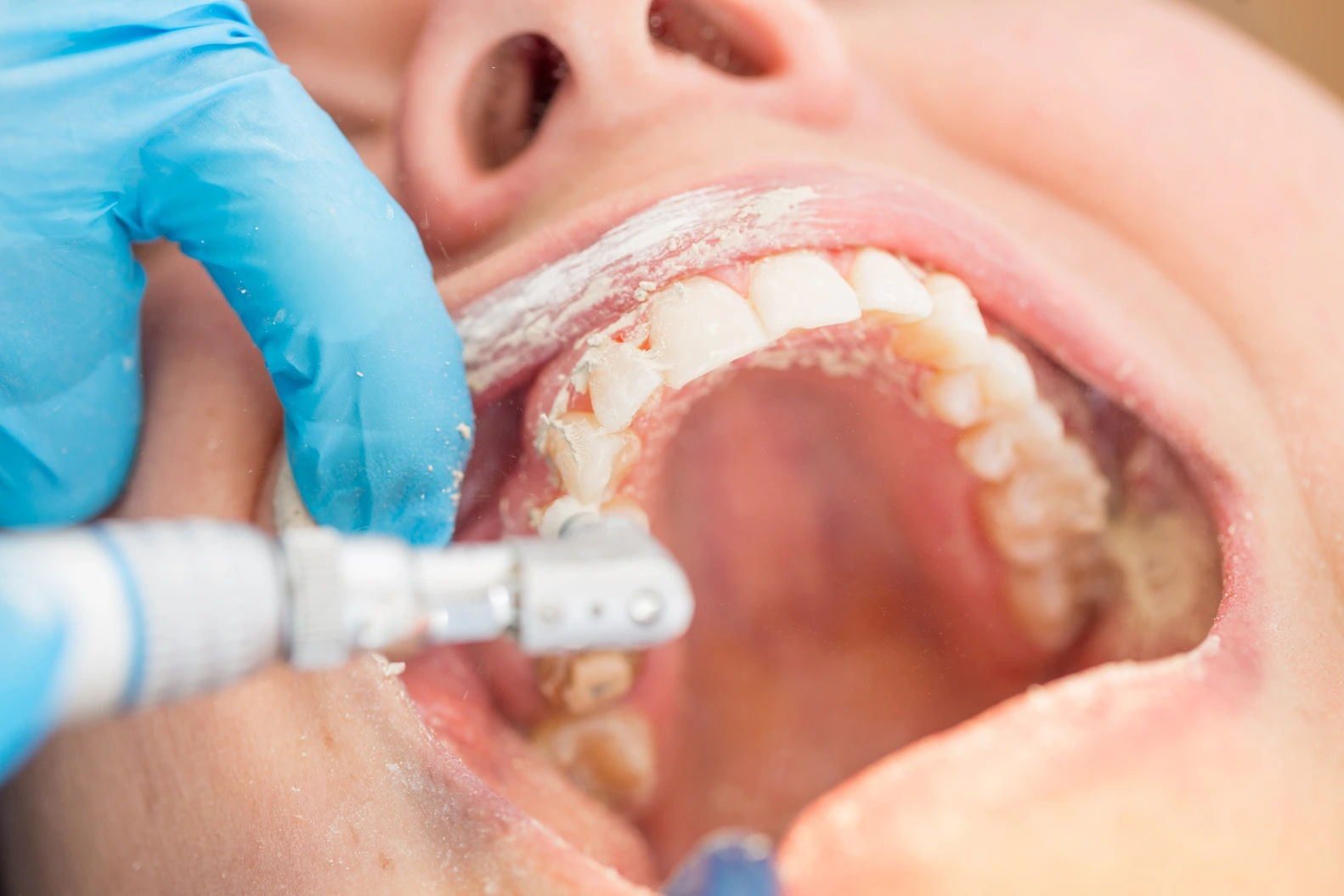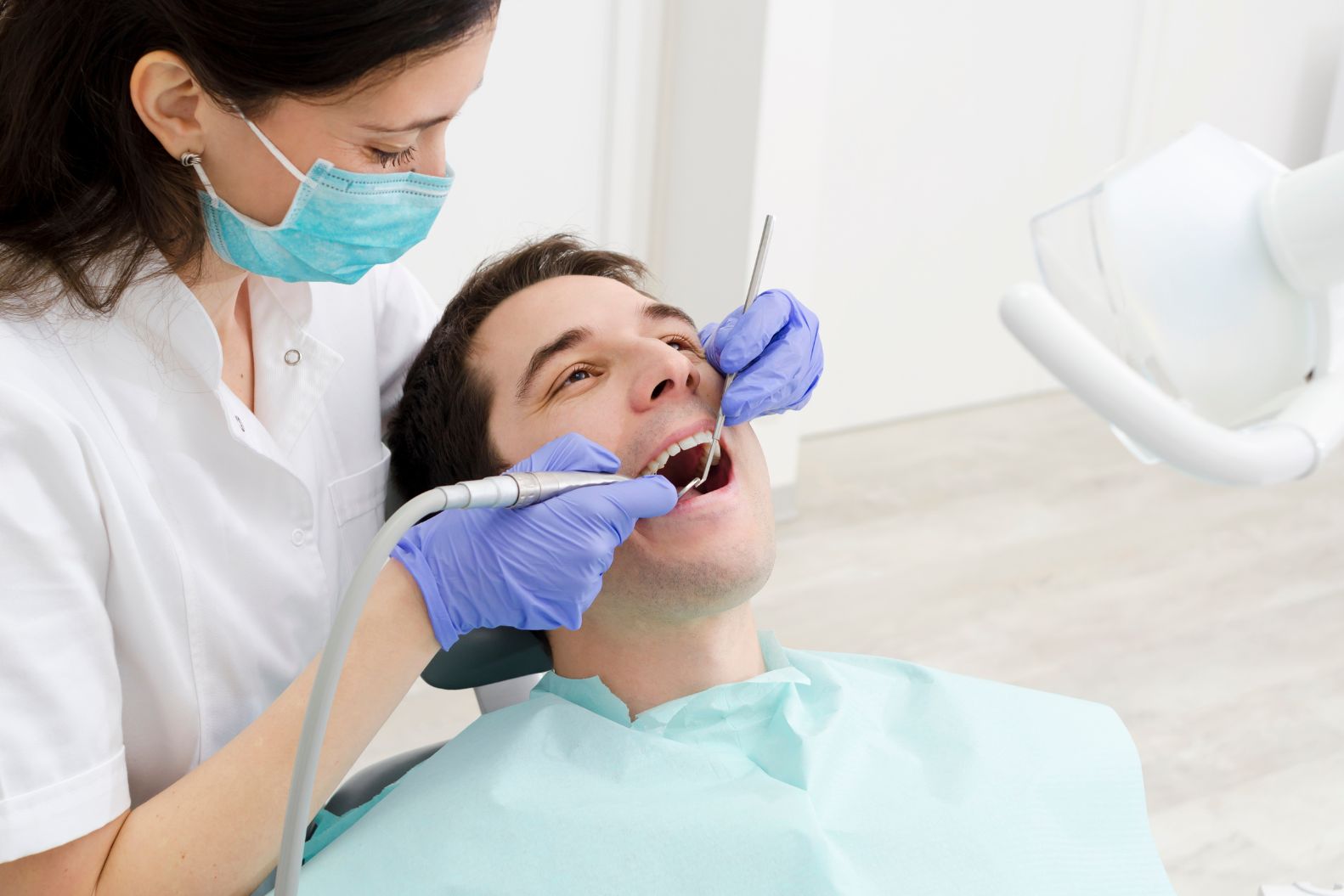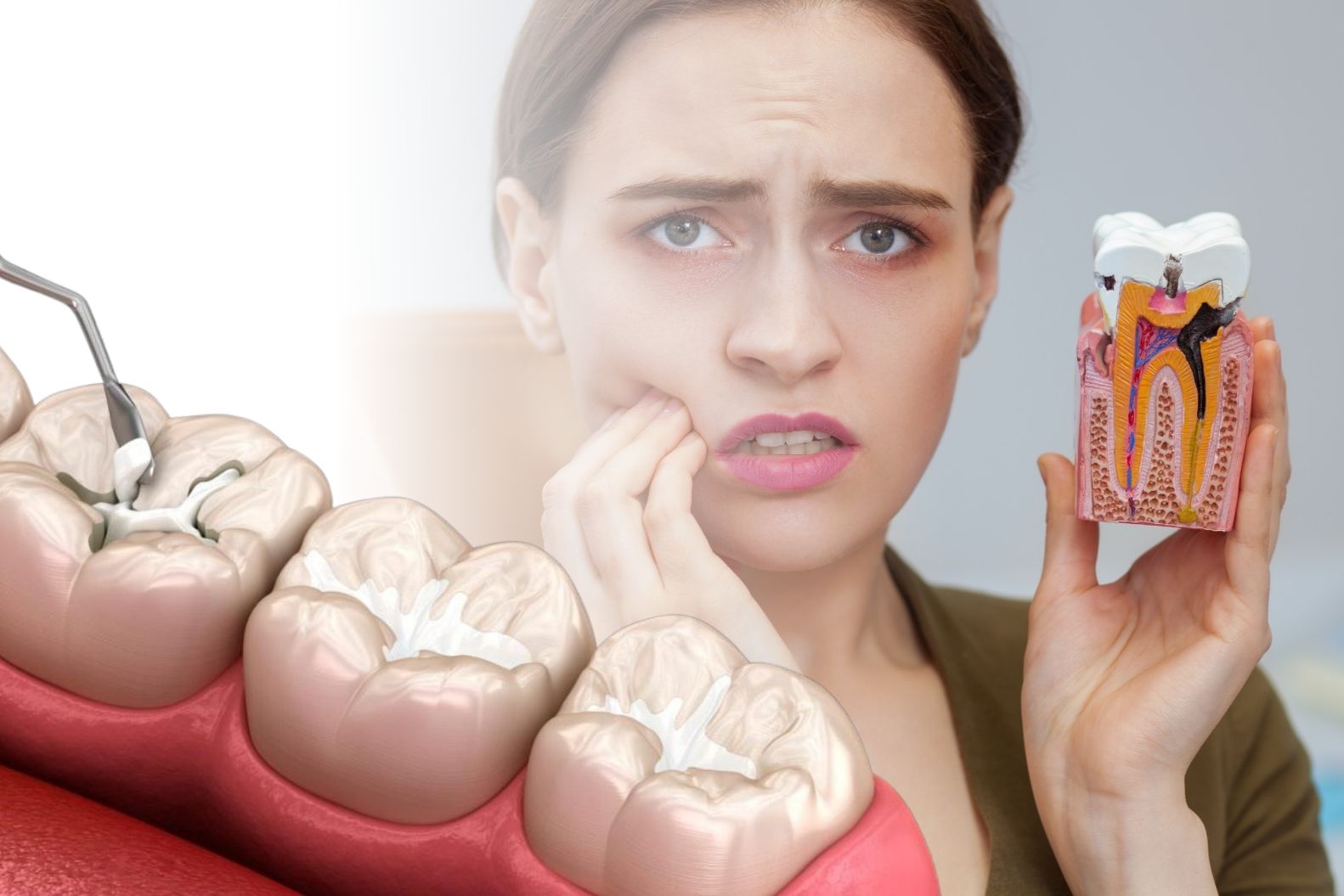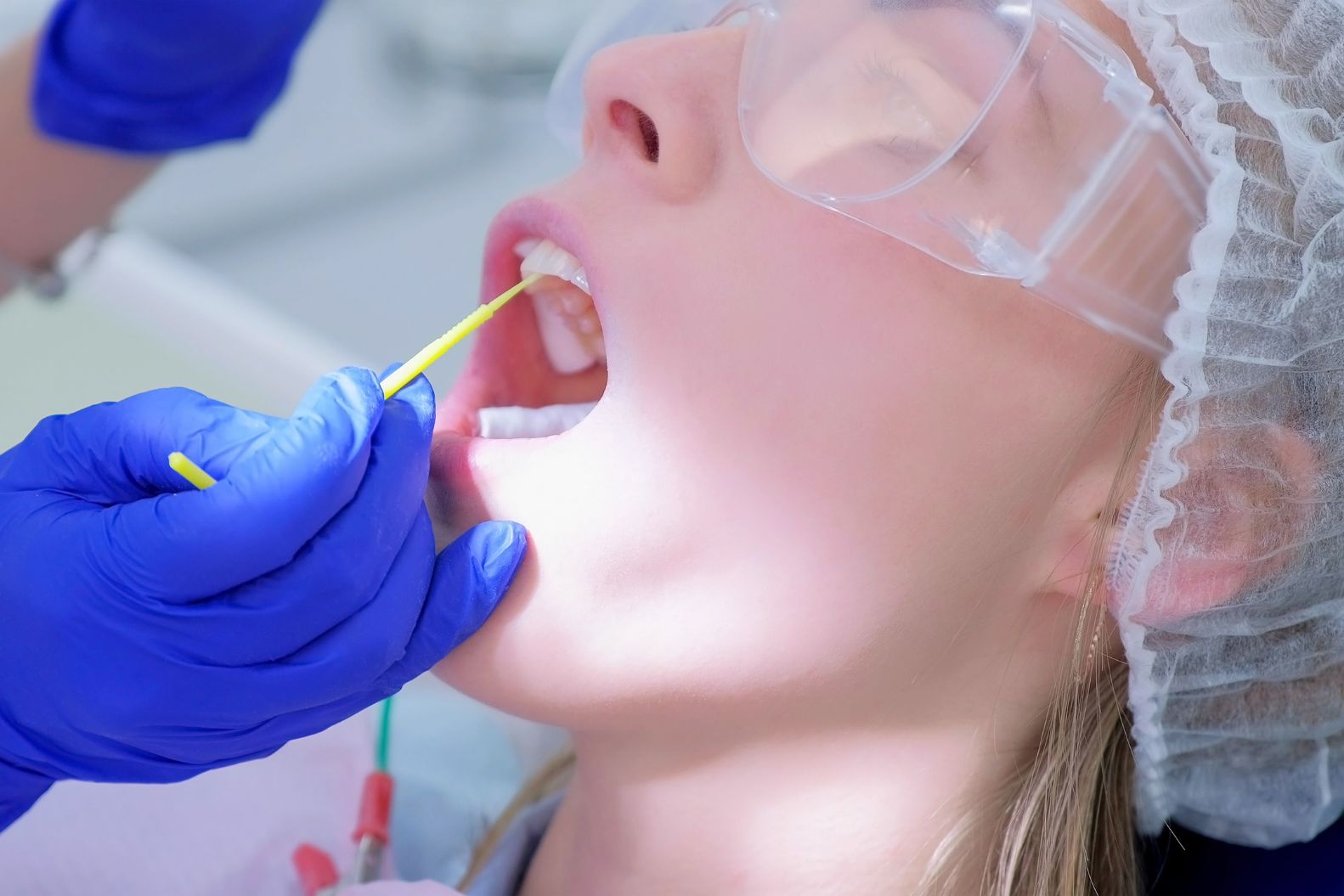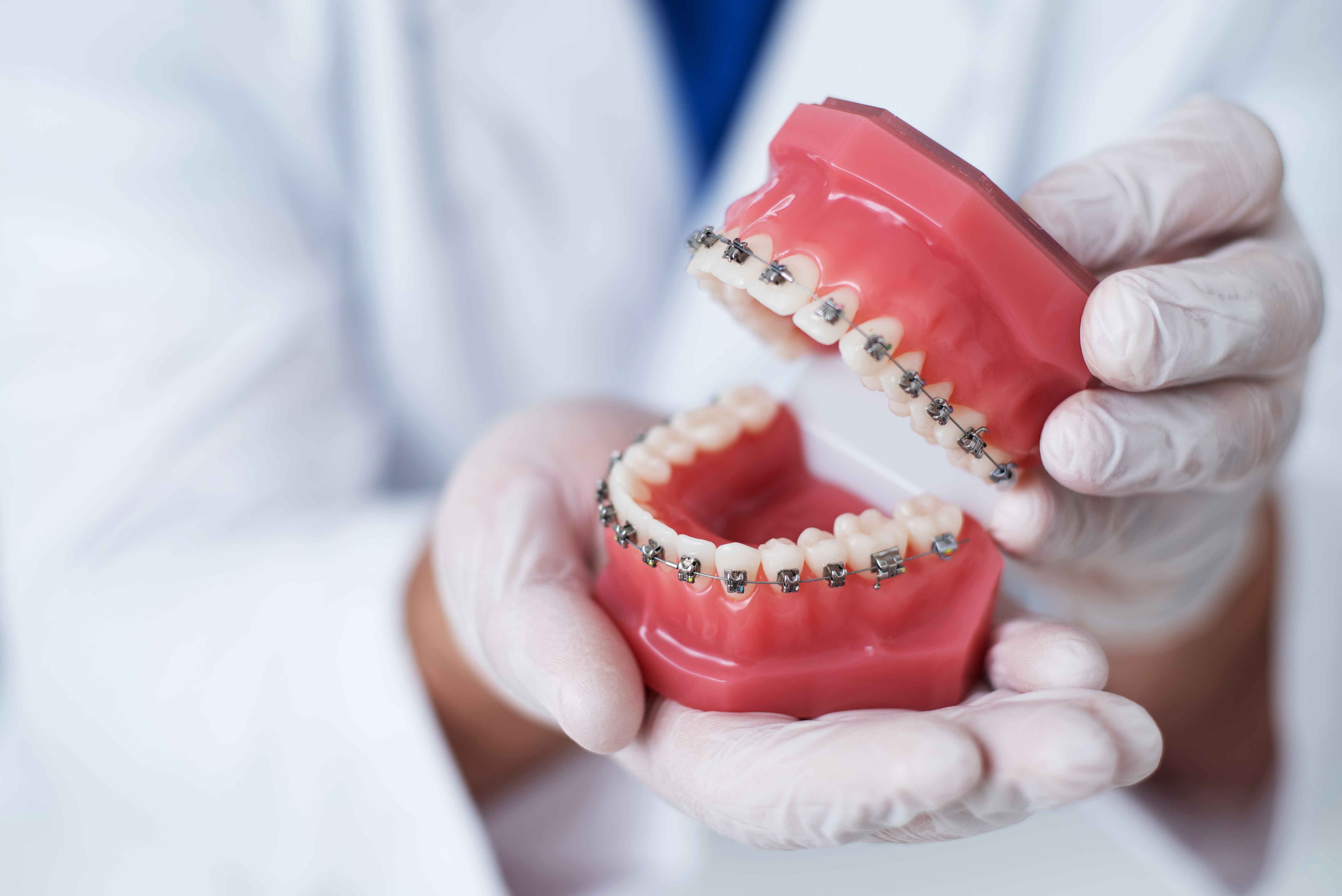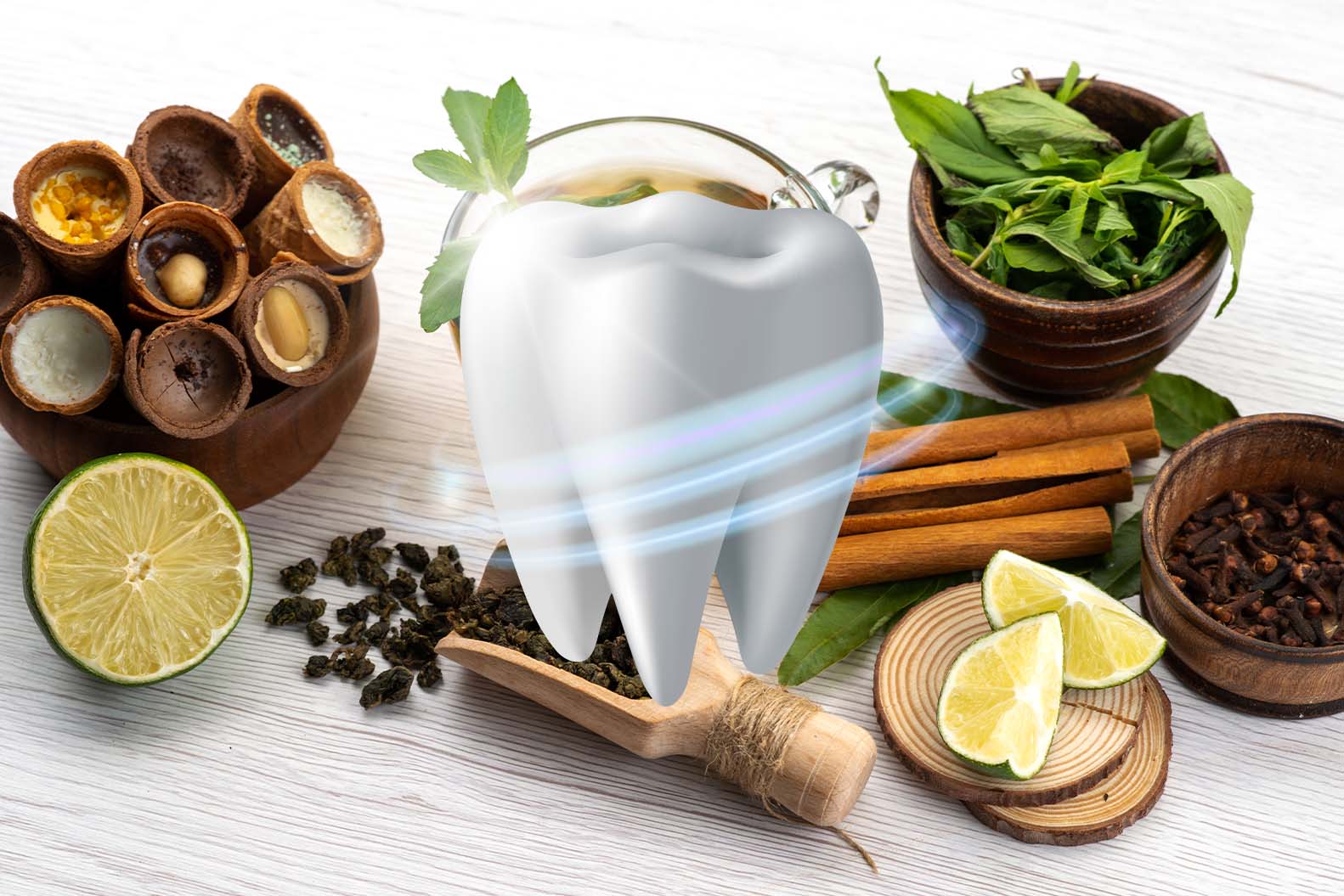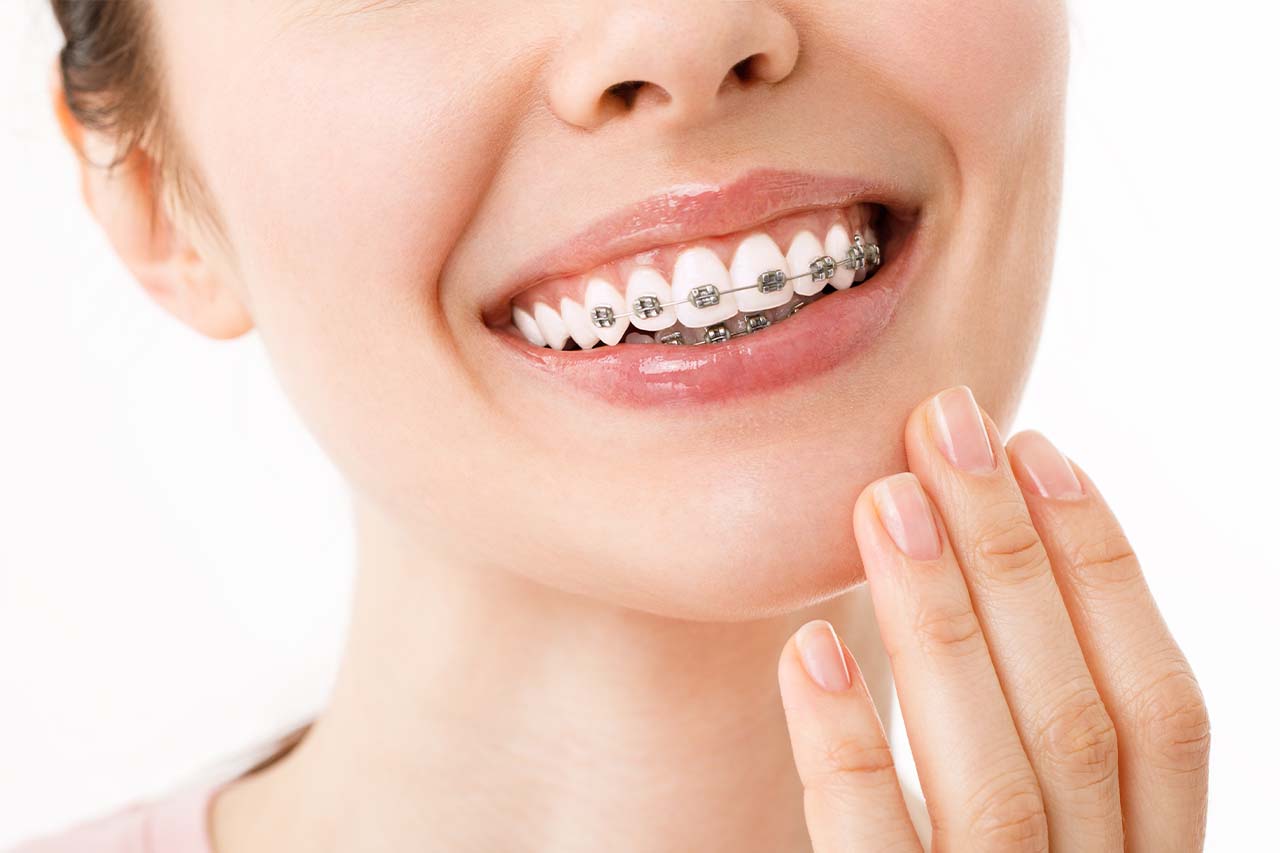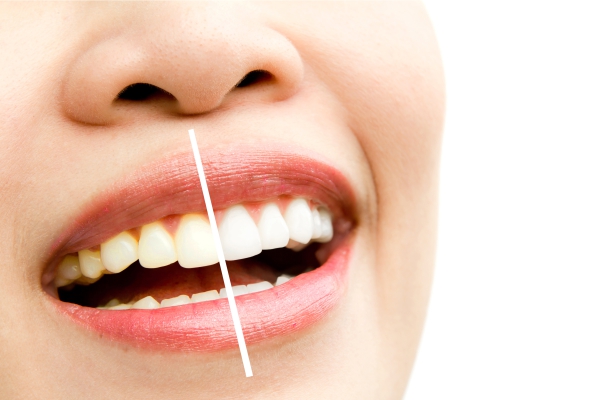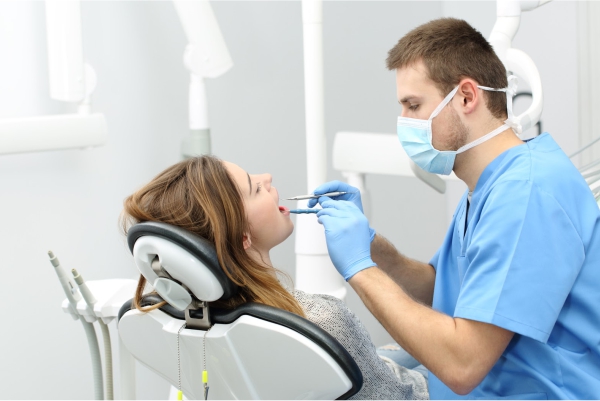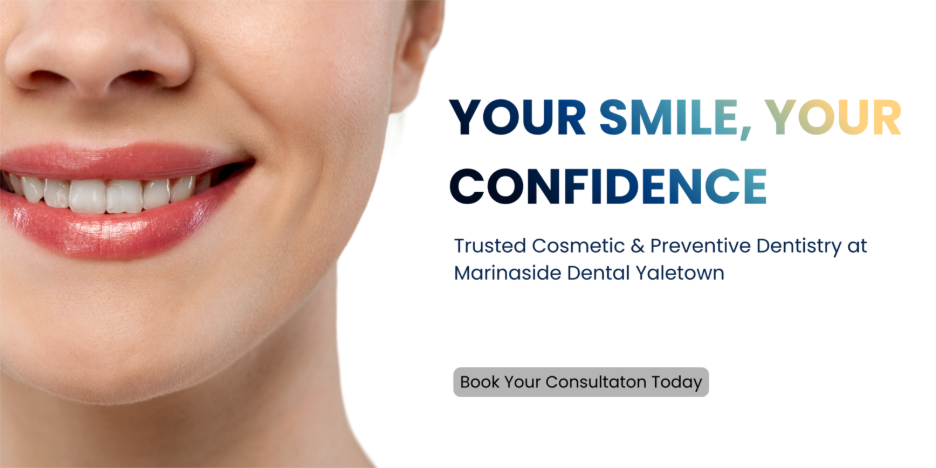
Your smile is one of the first things people notice — and one of the most powerful ways to express confidence, warmth, and authenticity.
At Marinaside Dental Vancouver, we believe a healthy smile is about much more than appearance — it’s about your overall well-being, comfort, and self-esteem.
For Yaletown residents, finding that perfect balance between health and beauty means choosing a dental team that understands both the science and art of dentistry. That’s why patients across Vancouver trust Marinaside Dental Yaletown for personalized preventive and cosmetic care that enhances their smile — naturally and confidently.
The Connection Between a Smile and Confidence
A confident smile can transform everything — how you connect at work, engage socially, and feel about yourself.
According to the American Academy of Cosmetic Dentistry (AACD), more than 70% of people believe an attractive smile makes them appear more confident and approachable.
But true confidence starts with health, not just appearance. Strong gums, clean enamel, and balanced function create a smile that feels as good as it looks.
That’s why at Marinaside Dental Vancouver, we combine preventive care and cosmetic precision to deliver results that radiate both beauty and health.
Preventive Dentistry: The Foundation of Lifelong Oral Health
Every confident smile begins with prevention. Preventive dentistry helps maintain your oral health and prevents complex or costly treatments later.
At Marinaside Dental Yaletown, we take a proactive approach — focusing on early detection, gentle cleanings, and education. Small steps today lead to brighter, healthier smiles tomorrow.
Our Preventive Services Include:
- Comprehensive Dental Exams: Identify decay, gum disease, or bite concerns early.
- Professional Cleanings: Remove plaque and tartar for a fresh, healthy smile.
- Fluoride Treatments & Sealants: Extra protection against cavities — especially for kids and teens.
- Oral Cancer Screenings: Early detection saves lives; we check tissues at every visit.
- Digital X-rays: Low-radiation imaging for precise, safe diagnostics.
Preventive care isn’t just about avoiding problems — it’s about creating a lifetime of wellness. Our team empowers you with the habits and knowledge to protect your smile long-term.
Vancouver empowers you with the knowledge and habits to protect your smile for life.
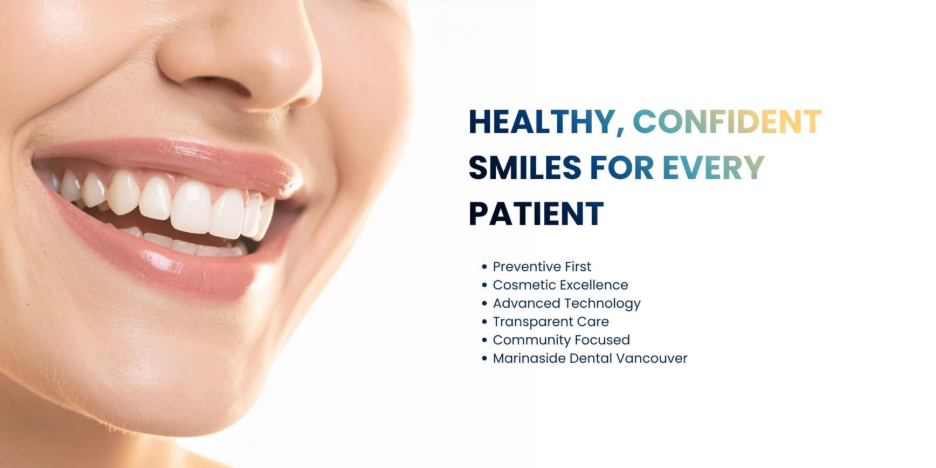
Cosmetic Dentistry: Where Science Meets Art
While prevention builds the foundation, cosmetic dentistry perfects the details — giving you a smile that reflects your confidence and personality.
At Marinaside Dental Yaletown, our cosmetic treatments go beyond looks — they enhance balance, function, and harmony.
Professional Teeth Whitening
A brighter smile in just one visit. Our dentist-supervised whitening safely removes years of stains from coffee, tea, and lifestyle habits, restoring your brilliance quickly and effectively.
Porcelain Veneers
Ultra-thin, natural-looking shells that correct chips, gaps, or uneven teeth. Using digital shade matching, we ensure your veneers blend perfectly with your natural smile.
Invisalign® Clear Aligners
Straighten your teeth discreetly with comfortable, nearly invisible aligners. Our 3D scanning guarantees precision and predictable results — no metal, no hassle.
Smile Design & Makeovers
Want a full transformation? Our digital smile design process combines whitening, veneers, and bonding for a complete makeover — and lets you preview your results before treatment begins.
Each cosmetic service at Marinaside Dental is customized to you, creating results that look genuine — not artificial.
Advanced Technology and Gentle Techniques
Modern dentistry should feel comfortable, precise, and efficient.
That’s why Marinaside Dental Vancouver integrates advanced tools and digital systems that make every visit smooth and stress-free.
Our Technology Includes:
- Digital X-rays: 90% less radiation and sharper results.
- Intraoral Cameras: Real-time visuals so you can see what your dentist sees.
- 3D Scanning: No messy impressions — ideal for Invisalign® and restorations.
- Laser Dentistry: Gentle gum treatments with faster healing.
- Sedation Options: Mild, safe relaxation for anxious patients.
Our goal is simple: precision without pain, results without fear.
Family-Centered Dental Care in the Heart of Yaletown
Yaletown’s vibrant community includes professionals, families, and retirees — and Marinaside Dental Vancouver proudly serves them all.
We provide care tailored to every life stage:
For Children & Teens:
- Preventive cleanings and fluoride treatments
- Early orthodontic assessments
- Fun, educational hygiene tips
For Adults:
- Regular exams and cleanings
- Cosmetic treatments for confidence
- Restorative solutions like crowns or implants
For Seniors:
- Gentle care for sensitive gums
- Denture fittings and implant-supported restorations
- Periodontal maintenance and comfort care
Every generation deserves a reason to smile — and we’re here to make sure that happens.
Why Yaletown Residents Choose Marinaside Dental
With so many dental options in Vancouver, what makes Marinaside Dental different?
It’s our balance of expertise, empathy, and innovation — delivering care that feels personal, not clinical.
What Sets Us Apart:
- Personalized Dentistry: Custom treatment plans designed around your comfort and goals.
- Experienced Professionals: Years of training in cosmetic, preventive, and family dentistry.
- Patient Education: We help you understand your oral health and make confident choices.
- Relaxing Environment: Calming interiors and a friendly team that makes every visit comfortable.
- Community Connection: Proudly serving Yaletown with integrity and care.
At Marinaside Dental, you’re not just a patient — you’re family.
Dental Care Backed by Research and Expertise
We practice evidence-based dentistry — using the latest research to guide every decision.
Studies show that preventive dental care reduces risks of heart disease and diabetes, while modern cosmetic techniques like veneers and safe whitening deliver long-lasting results.
At Marinaside Dental Yaletown, we integrate this science into everything we do — ensuring your treatment is safe, effective, and lasting.
Frequently Asked Questions
1. How often should I visit the dentist?
We recommend a checkup and cleaning every six months to maintain optimal oral health.
2. Are cosmetic treatments safe?
Yes. When performed by qualified professionals, cosmetic treatments like whitening, veneers, and Invisalign® are safe and enamel-friendly.
3. What if I have dental anxiety?
We offer sedation options and gentle techniques to ensure a relaxing experience for every patient.
4. Can I combine cosmetic and preventive treatments?
Absolutely! Many patients combine professional whitening with cleanings or Invisalign® as part of a comprehensive smile plan.
Experience Modern Yaletown Dentistry with Marinaside Dental
At Marinaside Dental Vancouver, your smile is our passion — and your confidence is our mission. From preventive care that protects your oral health to cosmetic treatments that enhance your natural beauty, we combine science, artistry, and compassion to create a truly personalized dental experience.
Whether you’re due for a cleaning, considering whitening, or ready for a complete smile transformation, we’re here to help you achieve the results you’ve always wanted — comfortably and confidently.
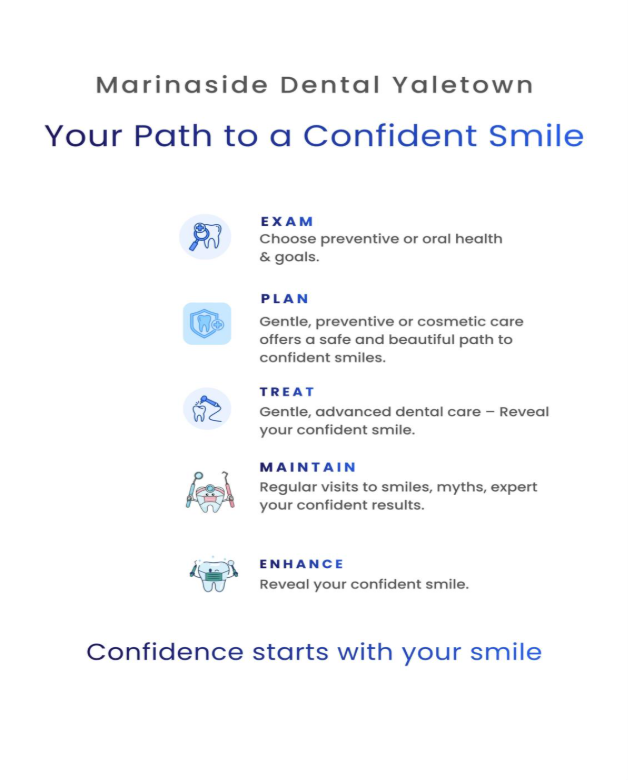
Book your consultation today and discover why Yaletown residents trust Marinaside Dental Vancouver for modern, patient-focused care that goes beyond the ordinary.




